Winter Conferences
11 Feb 2024: CONFERENCE PROGRAM posted!! (Click for PDF)
2024 Winter Conference
COLLABORATIVE RESTORATION
in Southern New England
Friday, February 16, 2024
Crowne Plaza, Warwick RI

SWCS Southern New England Chapter is taking a soup-to-nuts look at collaborative, community-based restoration projects focused on improving resiliency and repairing damage cause by humans. One such project will be used as a case study for permitting as an Ecological Restoration Limited Project under the Massachusetts Wetlands Protection Act. Another envisions a Main Street corridor that improves the environment, the community, and the economy through use of green infrastructure, driven by partnerships between local and state agencies and private property owners.
Scroll down for information about the super-solid slate of speakers from state and federal agencies, non-profit organizations, academia and the private sector. SNEC is pleased that students, university research associates and recently fledged conservation professionals will make presentations. The final agenda and conference program have been posted. Check back for additional information as it is received, including any handouts received before the event.
Certificates of attendance will be provided to document 6 solid hours of educational content suitable for professional certification renewals.
Program
Presentations

-
8:00am
Registration | Exhibits & Networking
-
9:00am
Welcome and Opening Remarks
-
9:10am
Christine Odiaga, Assistant Project Manager, Friends of Herring River, Wellfleet/Truro, Inc. Presentation: Herring River Tidal Restoration Project – a WPA Ecological Restoration Limited Project Case Study
-
9:40am
Meagan Eagle, Research Physical Scientist, US Geological Survey Presentation: Blue carbon consequences of salt marsh restoration: Carbon and greenhouse gas budgets of the Herring River restoration
-
10:10am
Melissa Kaplan, License and Permitting Team Lead, and Tom Groves, Senior Botanist, BSC Group Presentation: A Special Wetland, Eversource Energy’s Atlantic White Cedar Mitigation Project –The 1st Year
-
10:40am
Morning Break (20 min)
-
11:00am
Alison Kocek, Wildlife Biologist Coastal Program, and Jonah Saitz, Biologist Coastal Program, U.S. Fish & Wildlife Service
-
11:30am
Joe Manetta, University of Rhode Island Presentation: Distribution and Variability of Blue Carbon in Tidal Marsh Soils of Southern New England
-
12:00pm
Bill Giuliano, Cranberry Bog Restoration Program Manager, Massachusetts Department of Fish and Game Division of Ecological Restoration Presentation: Making Wetland from Cranberries
-
12:30pm
Lunch | Exhibiting & Networking
-
1:30pm
Beth Kirmmse, Project Manager, Fuss & O’Neill Presentation: Resilient Riverfront Renewal: The transformation of Westerly’s Main Street Corridor
-
2:00pm
Nicolette Nelson, Project Manager, University of Connecticut Presentation: Lessons learned with a novel salt marsh restoration method: optimizing hummock design at Great Meadows Marsh
-
2:30pm
Afternoon Break (20min)
-
2:50pm
Wenley Ferguson, Director of Habitat Restoration, Melissa Hayden, State Biologist, USDA Natural Resources Conservation Service, Rock Singewald, Warren Land Trust Presentation: Partnering with NRCS to preserve and restore a salt marsh migration corridor
-
3:40pm
Closing Remarks

Speakers and topics are confirmed, but the sequence of presentations might change slightly.
CONFERENCE PROGRAM (Click for PDF)
Registration is online via credit/debit card only.
*Students must be currently enrolled full-time at an accredited high school, college, or university.
General & Student General Admission
G R O U P D I S C O U N T S:
Register 3, Get 1 FREE!!
A 25% discount off General & Student General Admission
is available to groups of 4 or more who register together.
-
Rain or Shine | No Refunds | Transfer Allowed
-
Lunch and coffee will be provided.
-
Registration includes presentations and access to exhibits.
EXHIBIT TABLES AVAILABLE!
SWCS Southern New England Chapter’s mission is promote, educate and advance the science of soil, water and related resources conservation. We seek vendors of products and services that can help deliver solutions during all phases of the project
Exhibitor Registration: $500
Includes one 6-foot table with drape and registration for one (1) person
Additional Exhibit Staff: $75
For more information, contact jc@swcssnec.org.
~~~~~~~~~~~~~~~~~~~
To get a sense of the PROSPECTIVE AUDIENCE, see lists of attendees at previous SNEC Winter Conferences:
~~~~~~~~~~~~~~~~~~~
SPONSORSHIP OPPORTUNITIES!
Through the educational events we host, the Southern New England Chapter of the Soil and Water Conservation Society has developed partnerships with like-minded organizations and government agencies working in resource protection and conservation. These public sector partnerships have been instrumental in delivery of high caliber workshops and conferences to the community we serve, and we’re grateful for their contributions of time and expertise.
But the SNEC needs financial support from the private sector to defray the cost of other efforts to support the conservation community, such as:
- expanding outreach to students,
- increasing member engagement,
- developing educational and training programs to support future generations of conservationists.
The Southern New England Chapter invites you to join us in our mission to promote, educate, and advance all phases of the science of conservation of soil, water and related resources.
SNEC sponsors may request specific trainings and submit job postings or event notices for our social media platforms (pending approval of content). Sponsors get promotional exposure at events, in newsletters and via social media.
Interested? Please reach out to Jaime Clintsman, jc@swcssnec.org or 214.870.9249 for more information.
CONFERENCE PROGRAM (Click for PDF)
NETWORKING!!
SNEC conferences regularly draw a broad mix of attendees from the public and private sectors. We’re proud to be able to say that the level of expertise and breadth of experience of our speakers is typically mirrored in our audiences. Join us on Feb 16th and take advantage of an excellent opportunity to network.
Registered Attendees as of 6 FEB 2024
COMMUNITY-BASED, COLLABORATIVE RESILIENT RESTORATION PROJECTS
Partnerships and collaboration are integral to success. The SNEC 2024 Winter Conference will include presentations about projects in our three member-states, Rhode Island, Connecticut and Massachusetts. Join us in sharing ideas, case studies, success stories and lessons learned!
Resilient Riverfront Renewal:
The transformation of Westerly’s Main Street Corridor
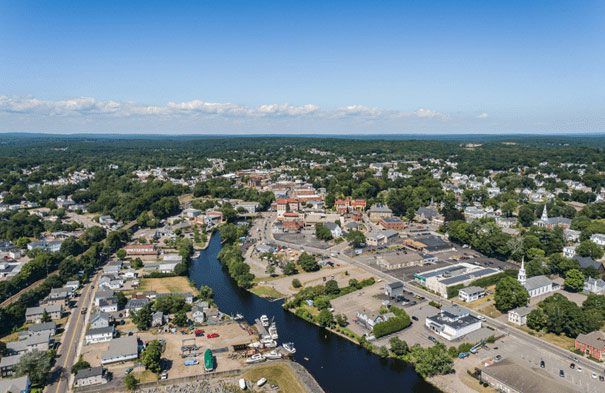
Westerly RI became a certified town in the statewide Municipal Resiliency Program in 2019. Working hand-in-hand with the Southern RI Conservation District, Westerly has participated in a conceptual stormwater design training grant by the Southern New England Program (SNEP).
Building on that, planning and implementation funding was obtained from RIDOT, Westerly, Narragansett Bay Estuary Program, and Rhode Island Infrastructure Bank to pursue Westerly’s resiliency goals relating to water quality, flooding, relationship to the Pawcatuck River, and support for Westerly’s economic development as a gateway town to RI. The team is currently designing a conceptual stormwater masterplan for downtown Westerly along Main St. with the help of Engineering and Landscape Architecture firm Fuss and O’Neil. The Stormwater Masterplan will integrate a variety of green infrastructure features along the streets and on both Town and private properties that will reduce flooding, filter pollutants from stormwater, provide pollinator and bird habitat, improve air quality, and add beauty and walkability to the economic center of Westerly.
Click here for the Project Storyboard
A Special Wetland
Eversource Energy’s Atlantic White Cedar Mitigation
and 1st Year of Long-Term Monitoring
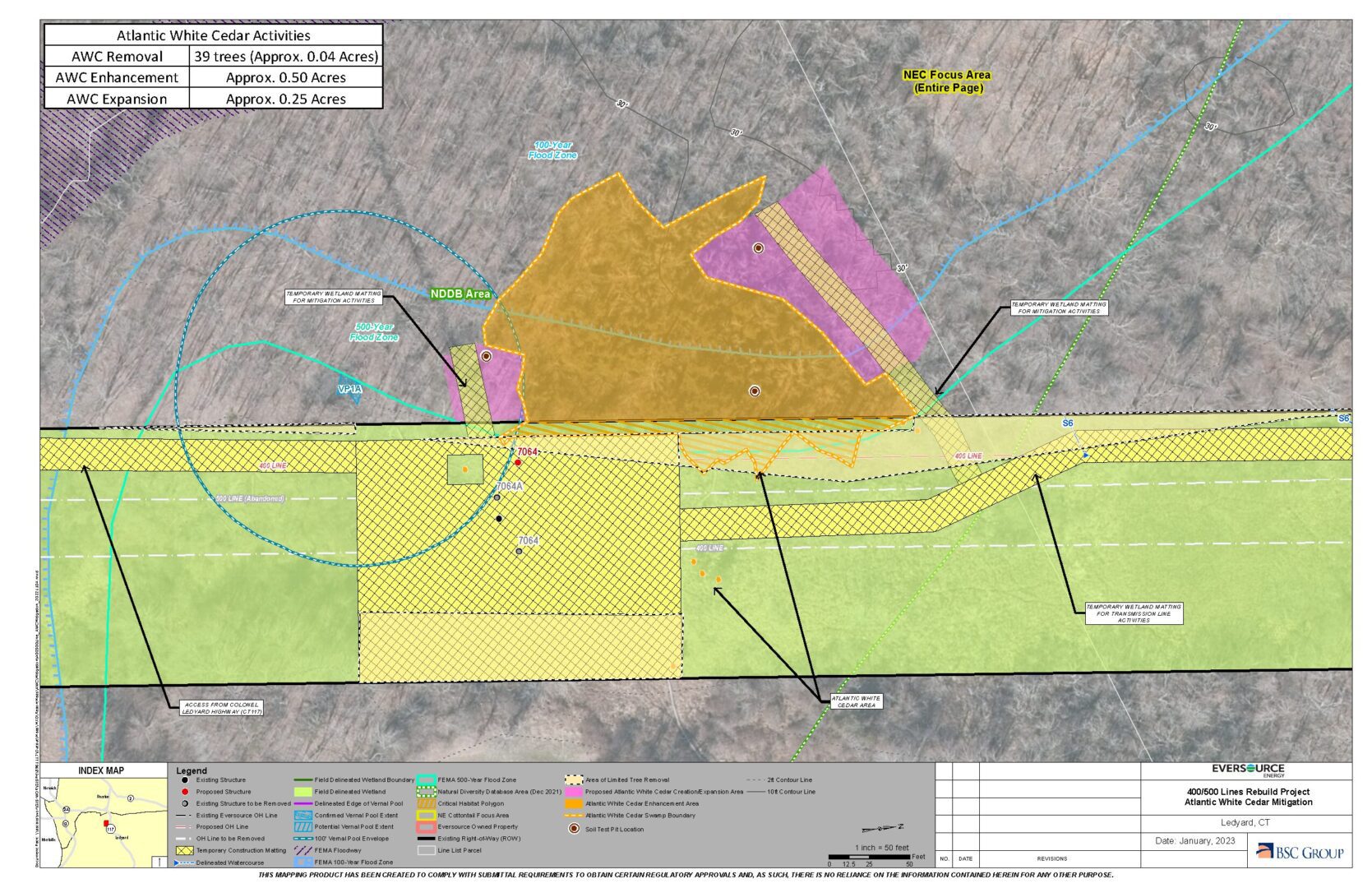
Connecticut Department of Energy and Environmental Protection (CT DEEP) considers Cedar Swamps (wetlands that contain Northern or Atlantic White Cedar) as a Special Wetland with the presumption that these natural communities provide habitat for State-listed rare species. Mitigation for Atlantic White Cedar (AWC) tree removal was required as part of Eversource Energy’s 400/500 Lines Rebuild Project as a condition of the CT DEEP issued 401 Water Quality Certification. The Mitigation Plan included enhancement of an existing 0.5-acre Atlantic White Cedar (AWC) stand and expansion/creation of 0.25-acre AWC habitat through the planting of 159 locally sourced AWC seedlings as well as herbivory protection fencing installation. In addition to this revegetation effort, annual monitoring of the planting was necessary to determine the long-term success of the plantings. This presentation provides detail on the project, the required mitigation plan, and the results of the 1st year of monitoring.
In 2014, the Massachusetts Department of Environmental Protection (MassDEP) adopted new regulations to facilitate permitting of Ecological Restoration projects “whose primary purpose is to restore or otherwise improve the natural capacity of a Resource Area(s) to protect and sustain the interests identified in M.G.L. c. 131, § 40, when such interests have been degraded or destroyed by anthropogenic influences.” These included a Massachusetts Wetlands Protection Act (WPA) general permit for Ecological Restoration (ER) projects that meet specific criteria and provisions to guide development and permitting of ER projects that are not eligible for the general permit.
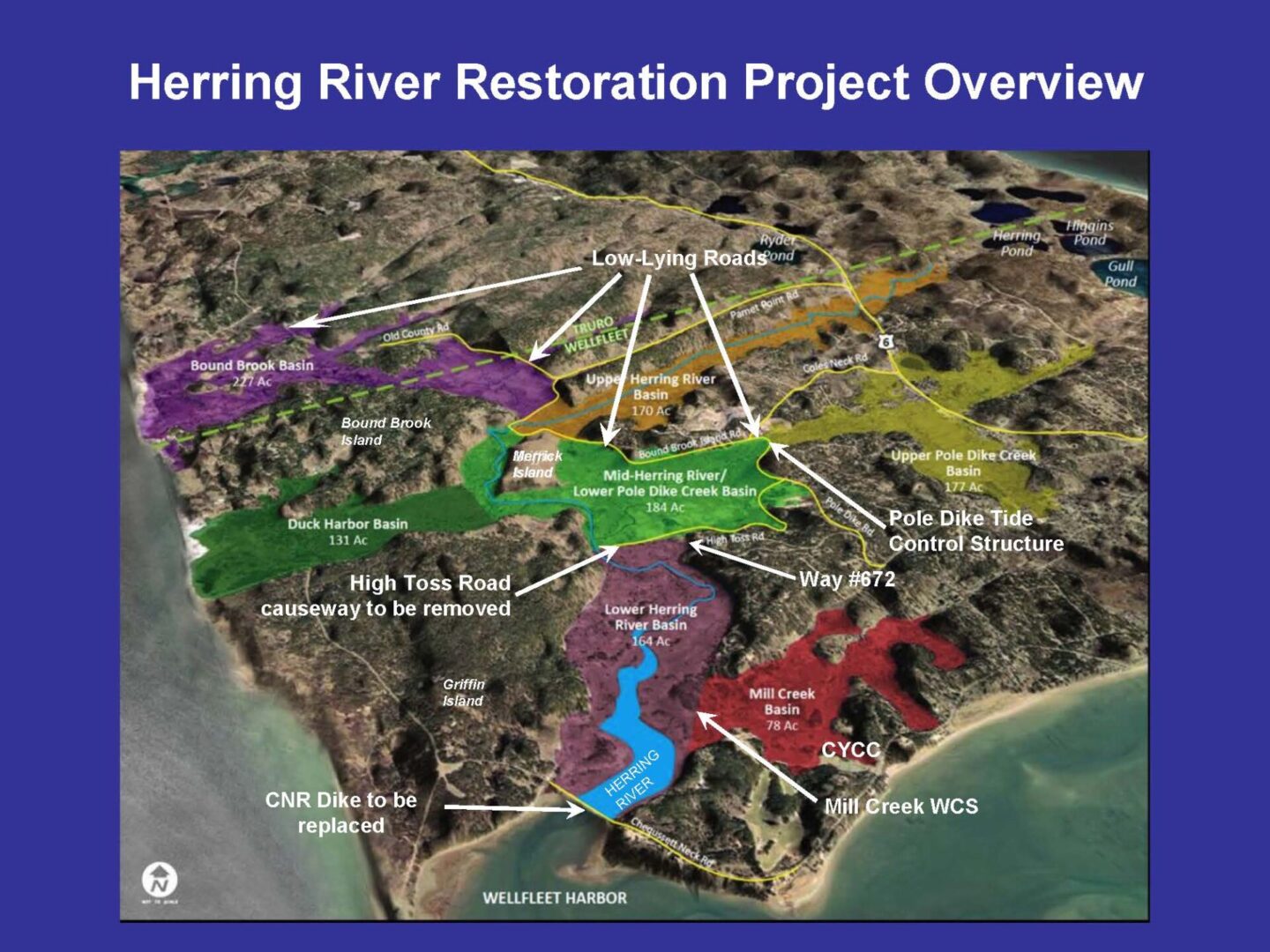
In its natural, historic state, the Herring River in Wellfleet Massachusetts supported a vibrant estuarine ecosystem and the largest diadromous fish run on outer Cape Cod. Construction of a dike at the mouth of the river in 1909 and other alterations to the natural hydrology eliminated tidal flow to the salt marsh, drained the wetlands and transformed the estuary into one of the Cape’s most degraded natural resources.
Replacement of a portion of the dike with a new bridge and tidal control structures, combined with removal of other barriers to fish passage and tidal exchange, will restore water quality and habitat connectivity to the entire estuary, restore marine and coastal habitats, improve resiliency to climate change, provide economic benefits to the region and revive a herring run that feeds the Gulf of Maine fisheries. Nine adjustable tide gates will allow incremental reintroduction of tidal flow in accordance with a scientifically rigorous Adaptive Management Plan based on structured decision-making; increasing tidal flow will bring saltwater back to the river and return it to the thriving and ecologically productive estuary it was for thousands of years before the dike was built.
Phase 1 of the Project includes (i) construction of all infrastructure needed for full restoration of tidal exchange to the Herring River estuary, (ii) vegetation/marsh management, and (iii) reintroduction of tidal flow to a specified water surface elevation in the lower Herring River basin. The environmental permitting process began with the filing of an Environmental Notification Form in 2008 and was completed in the spring of 2022 with issuance of WPA Orders of Conditions by the Wellfleet and Truro Conservation Commissions approving the Tidal Restoration limited project.
CONFERENCE PROGRAM (Click for PDF)
Speaker Bios and Program Information
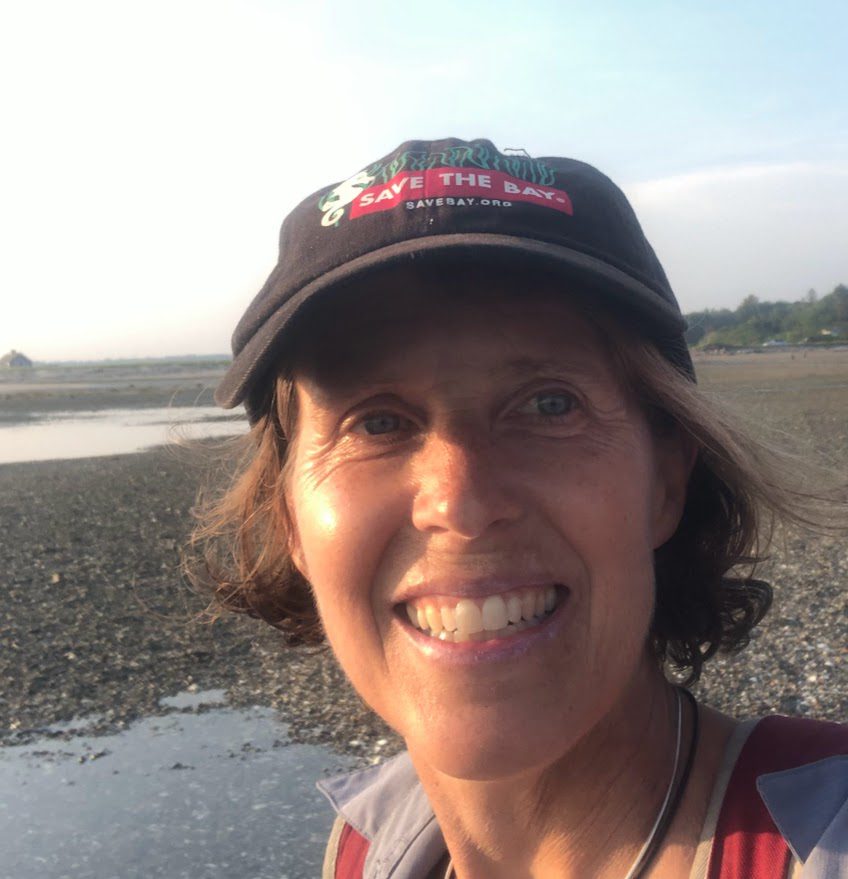
Wenley Ferguson
Director of Restoration, Save the Bay
Bio:
Wenley Ferguson is Save The Bay’s Director of Restoration. Since 1990 she has worked on coastal habitat and water quality restoration projects throughout Narragansett Bay and its watershed including restoring salt marsh, anadromous fish, dune, and coastal buffer habitats and stormwater management. Wenley works with partners on design, implementation and monitoring of restoration and coastal resilience projects.
Presentation:
Partnering with NRCS to preserve and restore a salt marsh migration corridor
Co Presenters:
- Melissa Hayden, Biologist; USDA Natural Resources Conservation Service
- Rock Singewald, Warren Land Trust
www.savebay.org
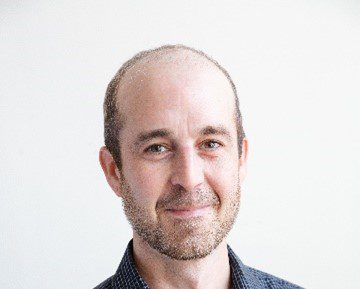
Tom Groves
Senior Botanist, BSC Group
Bio:
Tom Groves is a Senior botanist with the BSC Group. For the past 10 years he has worked across New England’s landscapes providing advice and recommendations to federal and state agencies as well as private landowners for ecological habitat restoration and invasive plant management. More recently, Tom is performing rare, threatened and endangered plant surveys for utility companies and other agencies required to avoid impacts to state or threatened species. Mr. Groves holds a B.S. in Wildlife Biology and a B.A. in English. Tom is also an active member of the New England Botanical Society and in 2022 was awarded a research grant for rare plant research in his home state of Vermont.
Presentation:
A Special Wetland, Eversource Energy’s Atlantic White Cedar Mitigation Project – The 1st Year
Co-presenter:
Melissa Kaplan, BSC Group
www.bscgroup.com
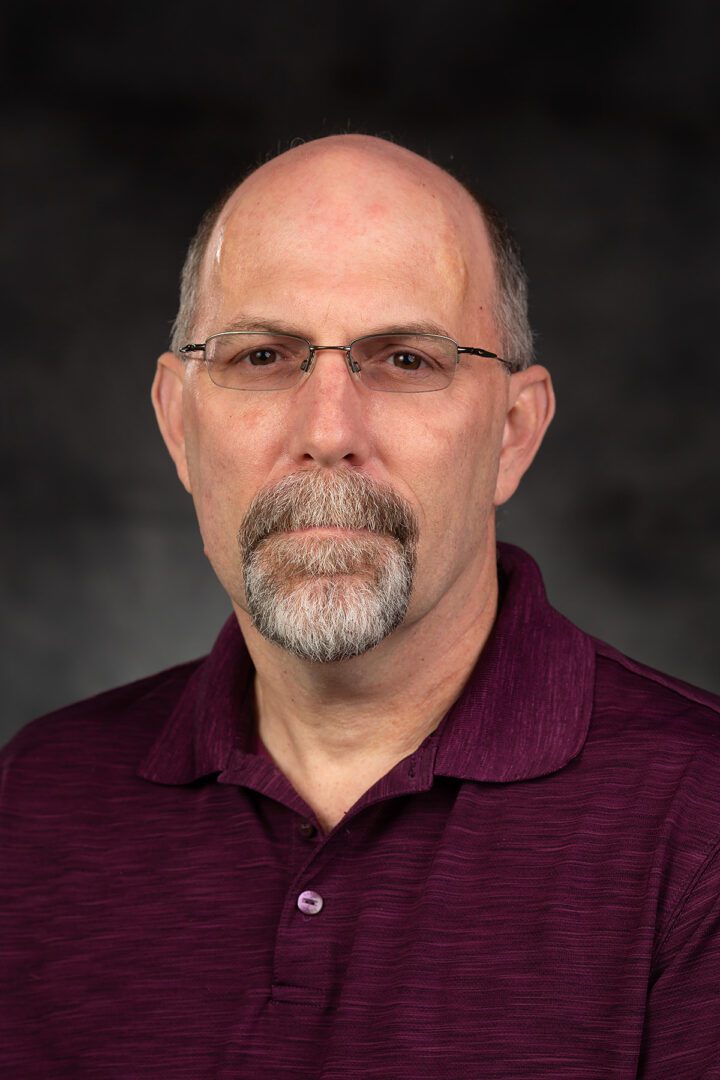
William Giuliano
Cranberry Bog Restoration Program Manager, Massachusetts Department of Fish and Game Division of Ecological Restoration
Bio:
Bill leads the Cranberry Bog Restoration Program Manager for the Massachusetts Division of Ecological Restoration. Growing up on Plum Island and the Great Marsh of northeastern Massachusetts, he developed a passion for wildlife and their habitat at a young age. With a BS (UNH), MS (EKU), and PhD (TTU) in Wildlife Science, Bill has worked as a biologist, extension specialist, professor, and conservation director focusing on wildlife and habitat management and restoration across the U.S.
Presentation:
Making Wetlands from Cranberries
Co-authors:
- Jess Cohn
- Melissa De Vivero
- Eric Ford
www.mass.gov
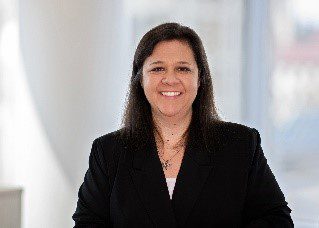
Melissa Kaplan, PWS
Permitting Team Lead, BSC Group
Bio:
Melissa Kaplan is the License and Permitting Team Lead at the BSC Group. Using her 22 years of professional environmental and biological consulting experience, Ms. Kaplan manages and leads BSC project teams across New England in local, state, and federal permitting efforts for large-scale utility companies, municipal projects, state agencies and others. Ms. Kaplan holds a master’s degree in marine biology and is a Professional Wetland Scientist. Melissa is also on the board of the Connecticut Power and Energy Society, serving as Membership Committee Lead.
Presentation:
A Special Wetland, Eversource Energy’s Atlantic White Cedar Mitigation Project – The 1st Year
Co-presenter:
Tom Groves, BSC Group
www.bscgroup.com
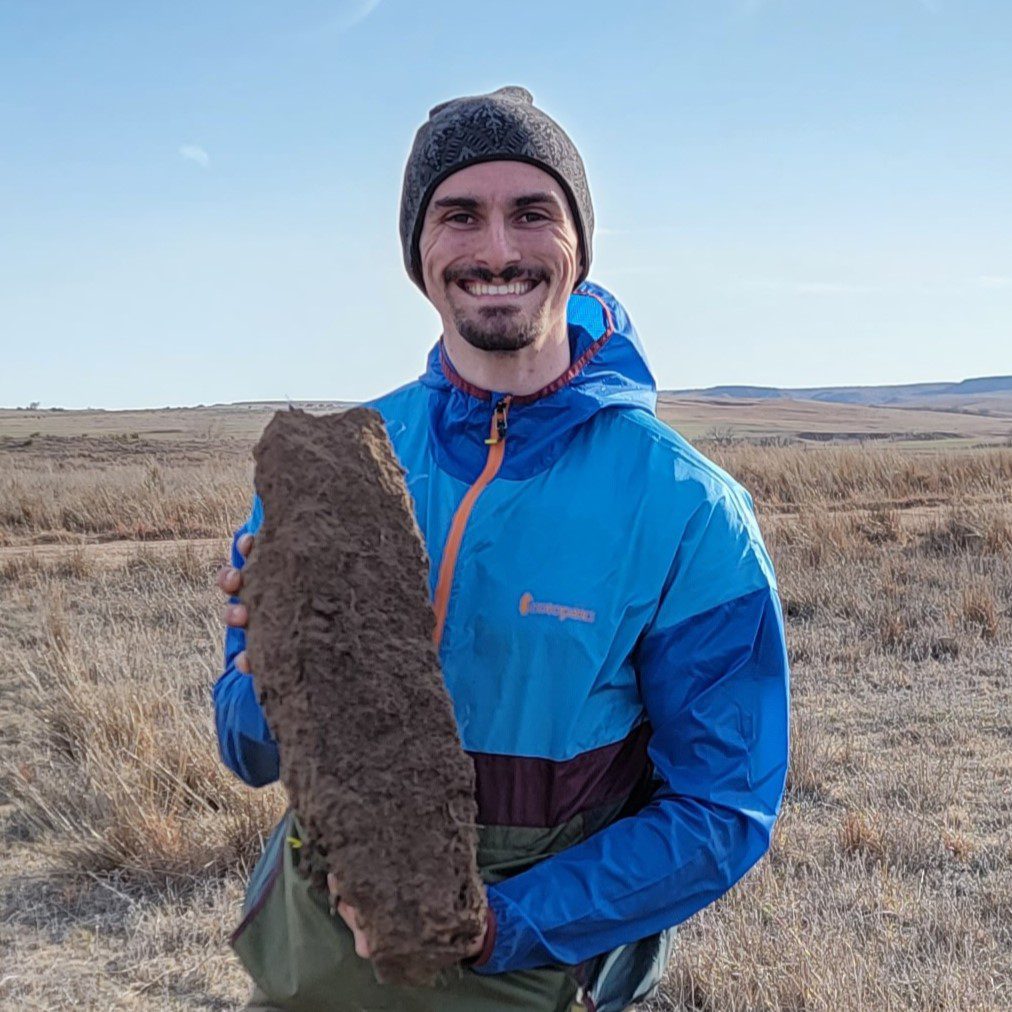
Joe Manetta
University of Rhode Island
Bio:
Joe Manetta is obtained his master’s degree in biological and environmental sciences at URI under the guidance of Dr. Mark Stolt in the Lab of Pedology and Soil Environmental Science in 2023. Joe’s research primarily centered around the formation and carbon storage of tidal marsh soils. Additionally, he has contributed to the URI soil judging team, helping them reach the national level twice. His interests revolve around applying soil formation knowledge to investigate the complex interactions between soil and the environment, aiming to better comprehend and address regional environmental challenges. Currently, Joe works as a research associate at URI studying soil moisture regimes.
Presentation:
Distribution and Variability of Blue Carbon in Tidal Marsh Soils of Southern New England
www.uri.edu
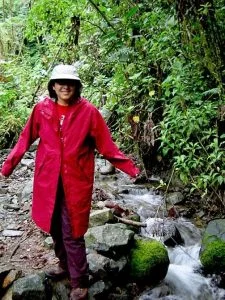
Christine Odiaga
Assistant Project Manager, Friends of Herring River
Bio:
Christine Odiaga is living her dream, “washed ashore” on Cape Cod and working an incredibly cool job. Prior experience that made it a perfect fit includes ten years of outreach and education as a MassDEP Wetlands Circuit Rider, three years as a municipal conservation agent and six years of construction site sampling and monitoring on the Central Artery/Tunnel project (fascinating!!). Christine took advantage of the cooperative education program at Northeastern University and found that training and exposure to be as valuable as any class.
Presentation:
Herring River Tidal Restoration Project: a WPA Ecological Restoration Limited Project Case Study
www.herringriver.org
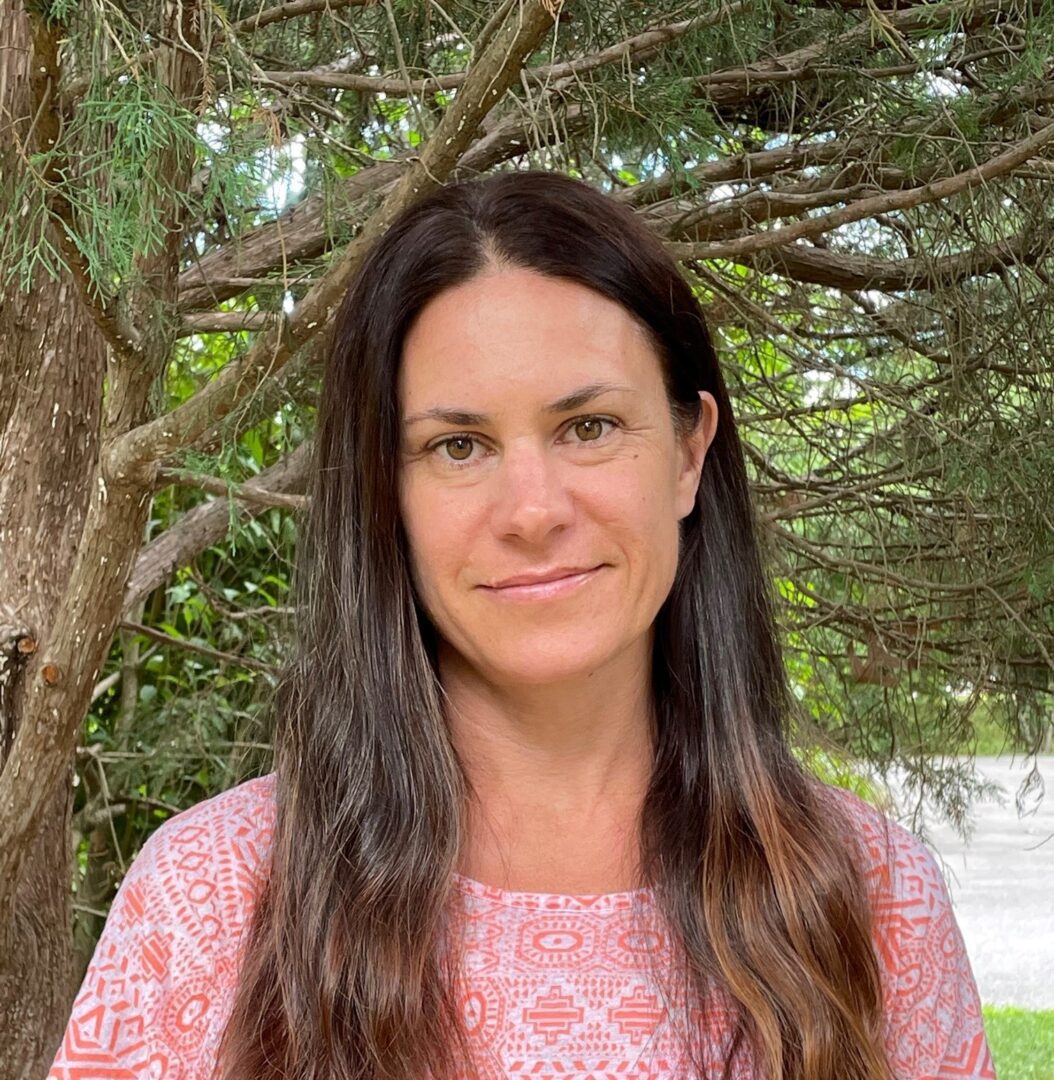
Melissa Hayden
USDA Natural Resources Conservation Service, State Biologist
Bio:
Melissa Hayden is the State Biologist with the USDA Natural Resources Conservation Service (NRCS) in Rhode Island, a position she has held since August of 2022. In this role, Melissa provides technical support for NRCS staff, partners, and clients on projects relating to terrestrial and aquatic wildlife habitat, Endangered Species Act compliance, the National Environmental Policy Act, and forestry related topics. Melissa has worked with RI NRCS since 2010, where she served as a District Conservationist for the eastern and southern districts prior to starting in the State Biologist role. Prior to 2010, Melissa worked for MA NRCS as a soil scientist and soil conservationist. Melissa has a Bachelor of Science degree in Environmental Science and Management from the University of Rhode Island, where she served as a research assistant, and a Master of Science degree in Plant and Soil Science from the University of Vermont, where she served as a teaching assistant.
Presentation:
Partnering with NRCS to preserve and restore a salt marsh migration corridor
Co Presenters:
- Wenley Ferguson, Save the Bay
- Rock Singewald, Warren Land Trust
www.nrcs.usda.gov
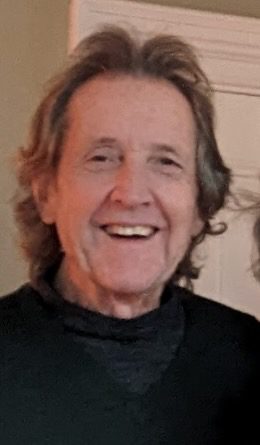
Rock Singewald
Warren Land Conservation Trust
Bio:
Rock Singewald is the immediate past President of the Warren Land Conservation Trust and has been involved in the implementation of the restoration plan at Sowams Meadows Preserve over the last two years. He has been on the Board of Directors of the Trust for 6 years and in addition to the work at Sowams Meadows, he is the Steward of the Haile Farm Preserve just a little further up the Palmer River. He has worked with NRCS and Save the Bay on projects at both of those preserves as well as at Jacob’s Point on the Warren River. Rock is retired from a long career with the Federal Government and has been working for many years with his wife Anne Raver on habitats of native plants for native insects and birds, starting with the 120 acre farm he and his wife worked in Maryland prior to moving to Rhode Island and continuing with the creation of a wildlife habitat in their yard in Warren.
Presentation:
Partnering with NRCS to preserve and restore a salt marsh migration corridor
Co Presenters:
- Wenley Ferguson, Save the Bay
- Melissa Hayden, USDA Natural Resources Conservation Service
www.warrenlct.org
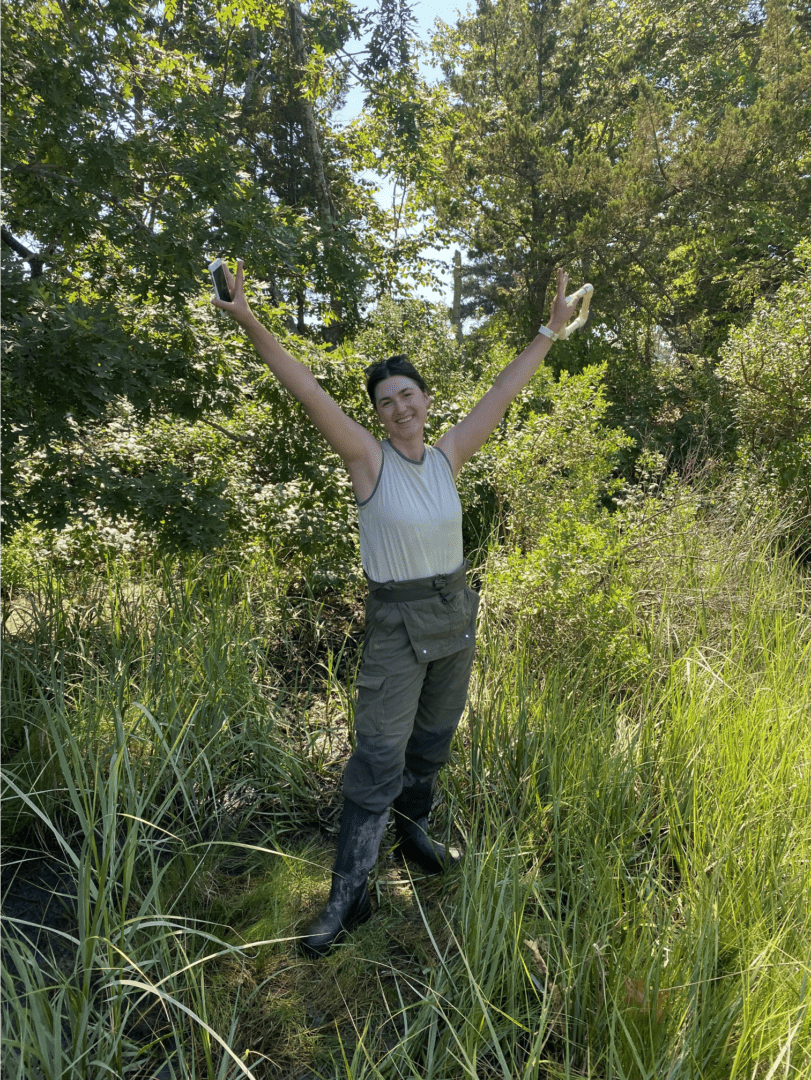
Nicolette Nelson
Project Manager, University of Connecticut Department of Ecology and Evolutionary Biology
Bio:
Nicolette is a project manager at the University of Connecticut where she coordinates monitoring and research of a restored salt marsh in Stratford, CT. She also leads data management efforts for a multi-site thin layer placement project, manages undergraduate technicians, and assists with graduate student projects and analysis. Nicolette received a BS in Wildlife from Cal Poly Humboldt in 2016. In 2020 she received an MS in Biology from Washington State University Vancouver, where her research was funded by an NSF Graduate Research Fellowship and focused on American bullfrog invasion in California. Nicolette has many years of field experience, mostly working on research and management of threatened and endangered wildlife species.
Presentation:
Lessons learned with a novel salt marsh restoration method: optimizing hummock design at Great Meadows Marsh
Co Authors:
Franco Gigliotti – PhD student, University of Connecticut Department of Ecology and Evolutionary Biology
Madeline Kollegger – PhD student, University of Connecticut Department of Natural Resources and the Environment
Olivia Lemieux – MS student, University of Connecticut Department of Natural Resources and the Environment
Min Huang – wildlife division biologist, Connecticut Department of Energy and Environmental Protection Wildlife Division, University of Connecticut Department of Natural Resources & Environment
Blaire Steven – Associate agricultural scientist – The Connecticut Agricultural Experiment Station Department of Environmental Science and Forestry
Ashley M. Helton – Associate professor, University of Connecticut Department of Natural Resources and the Environment, Center for Environmental Science & Engineering
Beth Lawrence – Associate professor, University of Connecticut Department of Natural Resources and the Environment, Center for Environmental Science & Engineering
Chris Elphick – Professor, University of Connecticut Department of Ecology and Evolutionary Biology, Center for Biological Risk
www.uconn.edu
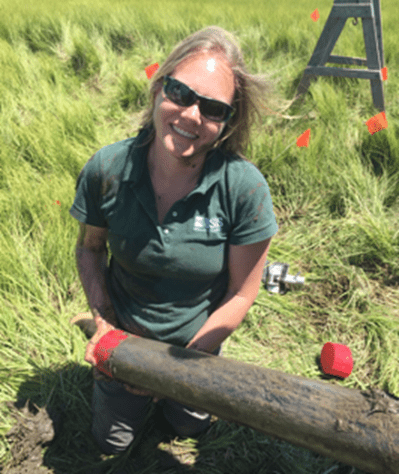
Meagan Eagle
Research Physical Scientist, US Geological Survey
Bio:
Meagan Eagle is a Research Scientist at the Woods Hole Coastal & Marine Science Center of the U.S. Geological Survey. Her research focuses on coastal resilience and the role these ecosystems play in the climate system, particularly at the nexus of management actions and greenhouse gas emissions. She works with managers and policy makers at local, state and federal levels to provide actionable science.
Presentation:
Blue carbon consequences of salt marsh restoration: Carbon and greenhouse gas budgets of the Herring River restoration
www.usgs.gov
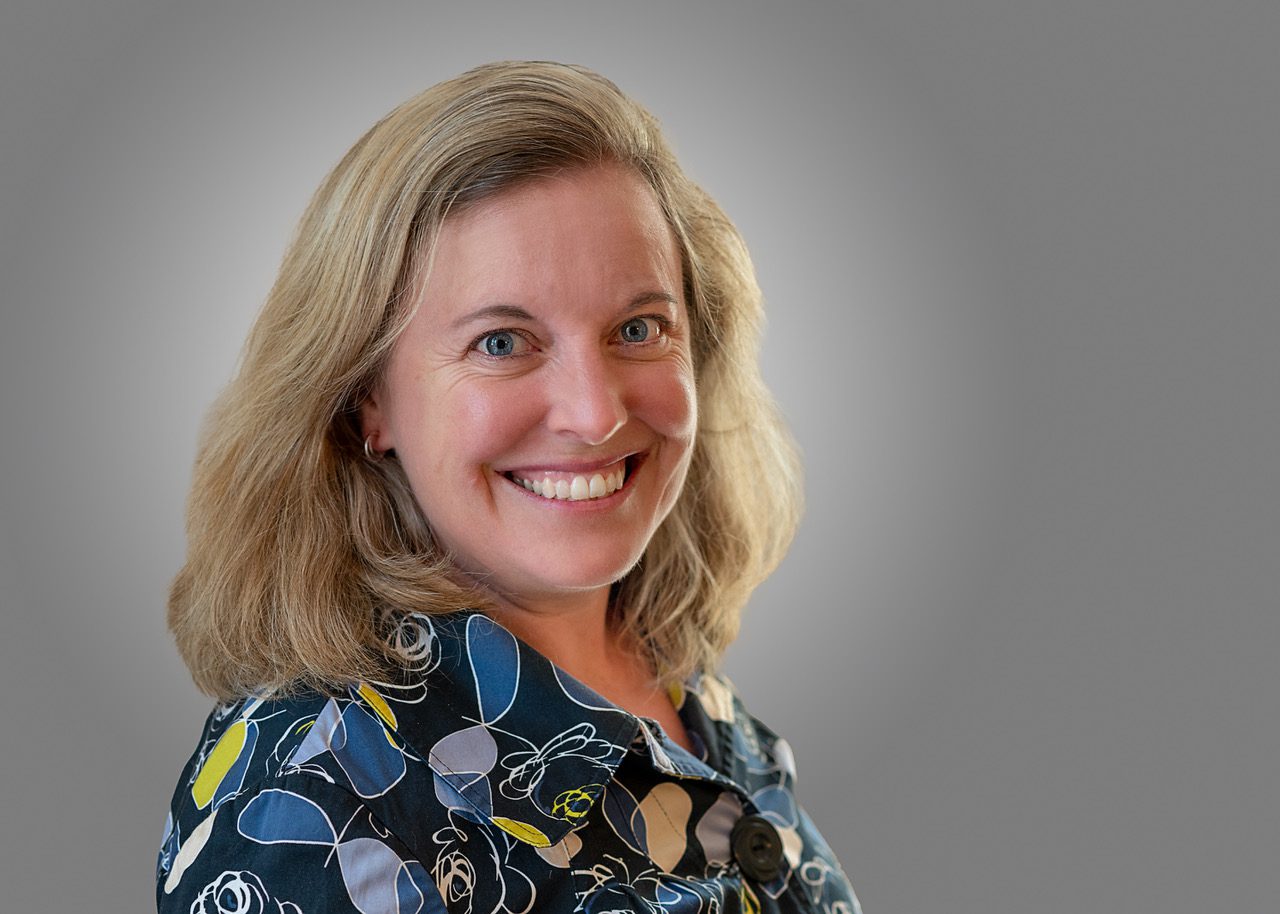
Beth Kirmmse
Project Manager, Fuss & O’Neill
Bio:
Elizabeth Kirmmse, RLA, ASLA, WEDG, is a Project Manager and Landscape Architect with Fuss & O’Neill. Beth graduated from Smith College with a degree in Government and a focus on environmental policy and completed her Masters in Landscape Architecture at the Rhode Island School of Design. She works with clients to develop solutions that mitigate vulnerabilities to climate change and provide ecological, economic and cultural co-benefits. With a passion for designing natural infrastructure, Beth rethinks the built environment, creating innovative designs that improve the ecological health of a system resilient solutions for waterfront locations, and is currently designing resilient riverfronts, shorelines, and natural infrastructure throughout New England.
Presentation:
Resilient Riverfront Renewal: The Transformation of Westerly’s Main Street Cooridor
www.fando.com
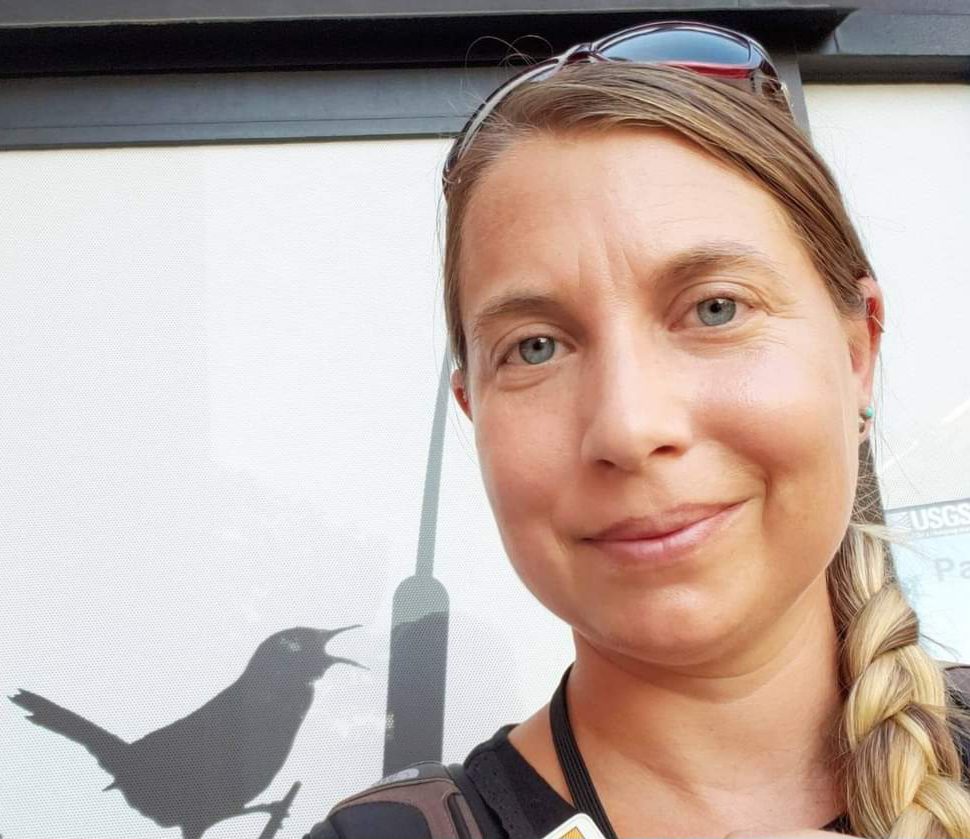
Alison Kocek
Fish and Wildlife Biologist, USFWS, Southern New England Coastal Program
Bio:
Alison Kocek is a Fish and Wildlife Biologist at U.S. Fish and Wildlife Service’s Southern New England Coastal Program, based out of the Rhode Island Field Office. She has been working with and studying tidal marsh birds for the past 14 years. She received her Ph.D. at State University of New York’s College of Environmental Science and Forestry (SUNY-ESF) in 2022, where she studied how Saltmarsh and Seaside Sparrows are adapting their nesting behaviors to a changing environment. One of her main duties in the Coastal Program is to work with non-federal partners in Long Island, Connecticut, Rhode Island, and Massachusetts to provide monitoring support for tidal marsh restoration projects to benefit at-risk species such as the Saltmarsh Sparrow.
Presentation:
Tidal marsh restoration planning and monitoring for at-risk Saltmarsh Sparrows
Co-Presenter:
Jonah Saitz, Biologist, USFWS, Southern New England Coastal Program
www.fws.gov
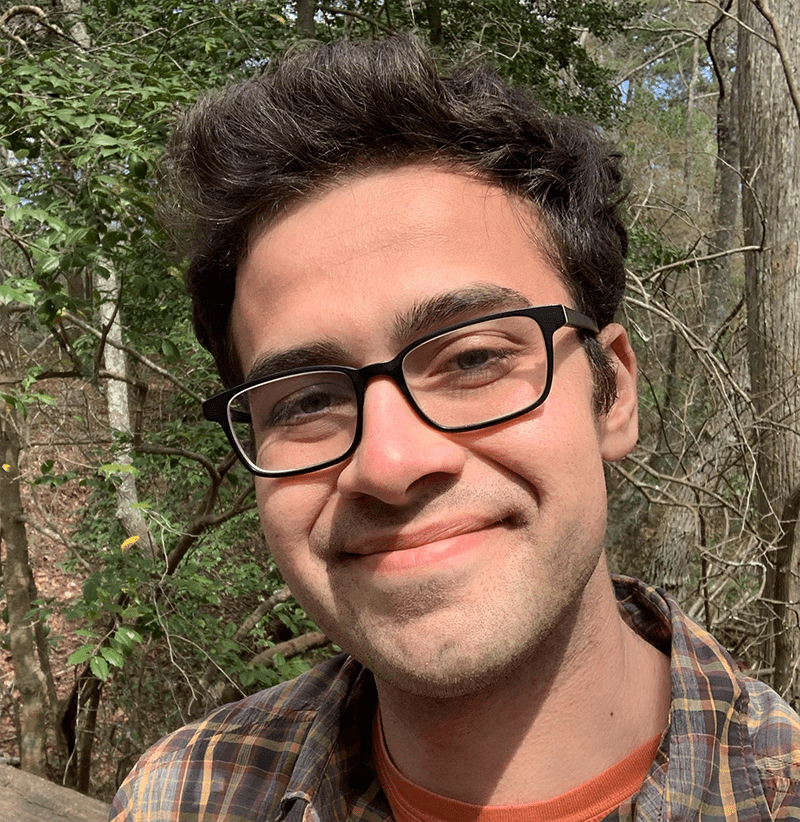
Jonah Saitz
Biologist, USFWS, Southern New England Coastal Program
Bio:
Jonah is a Biologist in the U.S. Fish and Wildlife Service’s Southern New England Coastal Program based in Charlestown, Rhode Island. He’s primarily focused on supporting our office and partner’s: GIS, Hydrologic, and RTK Surveying needs, across Connecticut and Long Island. Before Joining the service in February 2023, he served as Hydrologic Survey Technician contractor based in the U.S. Fish & Wildlife Service’s Northeast Regional Office in Hadley, MA. Where he was part of an RTK strike team supporting infrastructure/saltmarsh restoration projects at National Wildlife Refuges from Maine to Virginia. Jonah received his B.S in Environmental Science from Rochester Institute of Technology in 2019.
Presentation:
Tidal marsh restoration planning and monitoring for at-risk Saltmarsh Sparrows
Co-Presenter:
Alison Kocek, Fish and Wildlife Biologist, USFWS, Southern New England Coastal Program
www.fws.gov
The preliminary program is taking shape. We’re pleased to have participation from graduate students, research associates and newly-fledged conservation professionals! We look forward to a day of learning and sharing with coworkers and colleagues.
Please check back regularly for updates.
CONFERENCE PROGRAM (Click for PDF)
Thank you to our 2024 Sponsors
Thank you to our Exhibitors
-

Bluroc
-

Brentwood
-
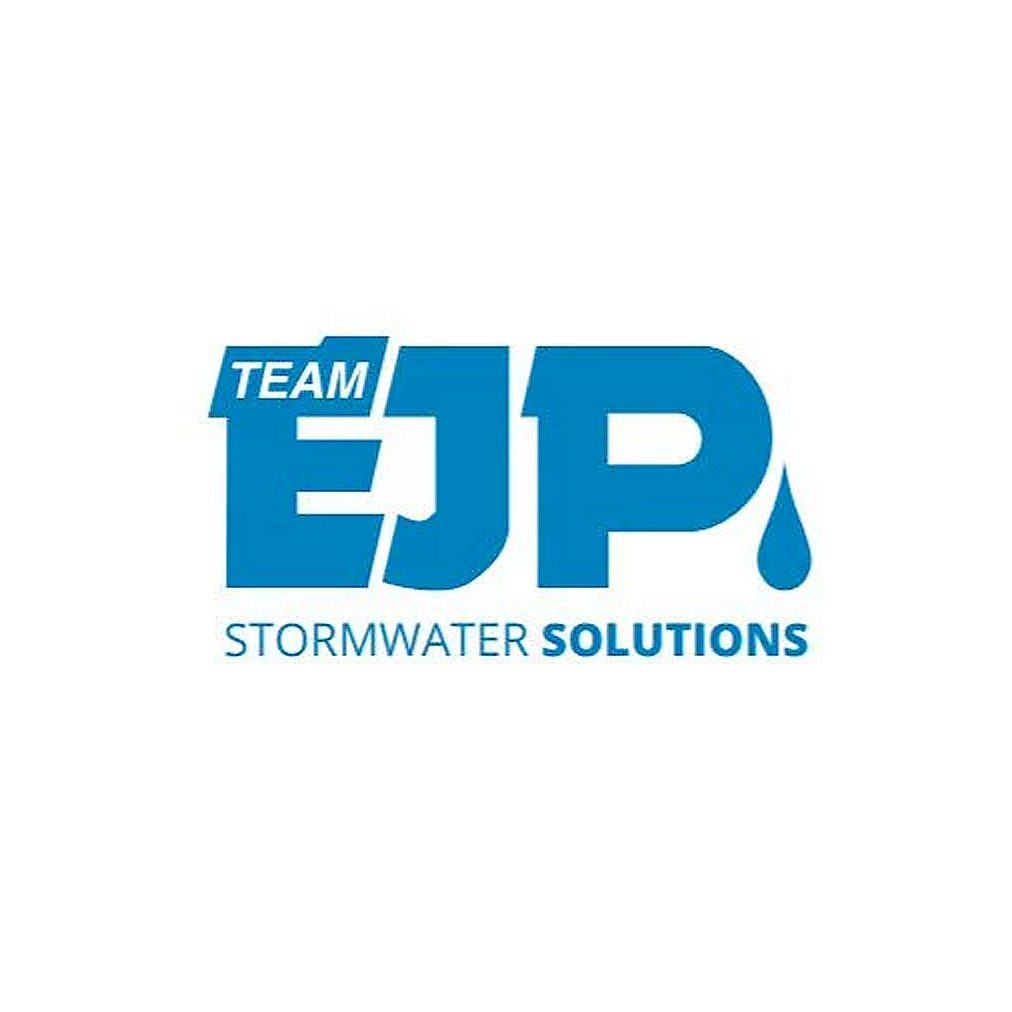
EJ Prescott Stormwater Logo
-
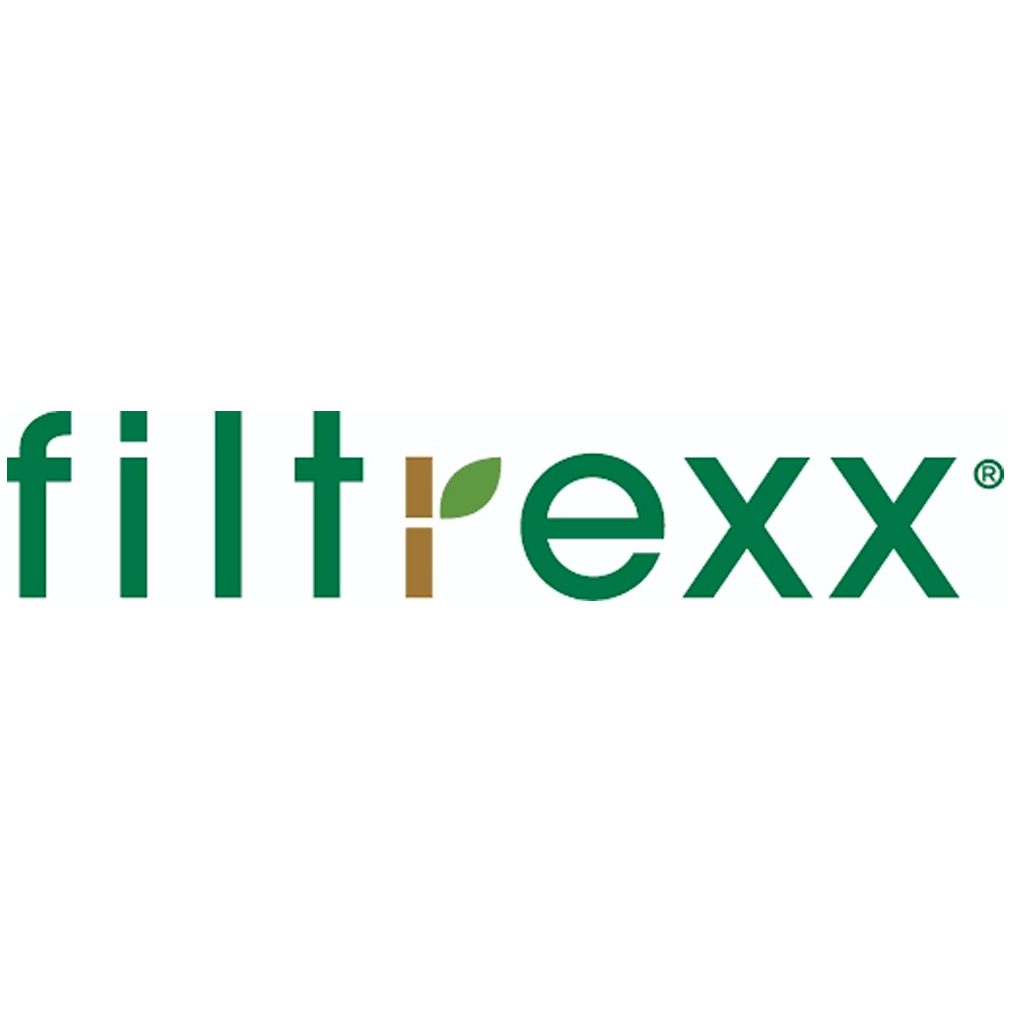
Filltiexx
-
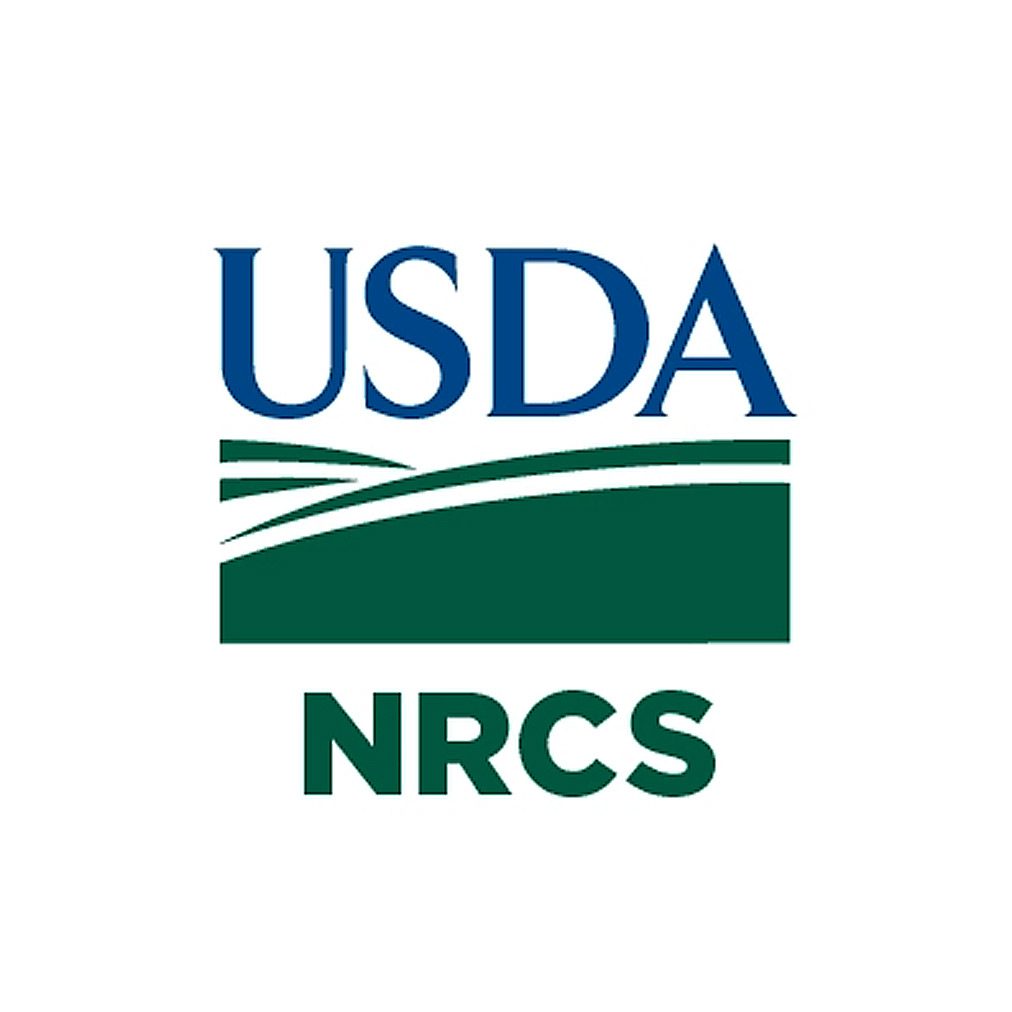
USDA-nrcs-white
-


Conservation NewsBriefs
Past Events




























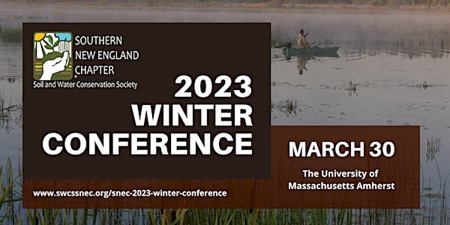
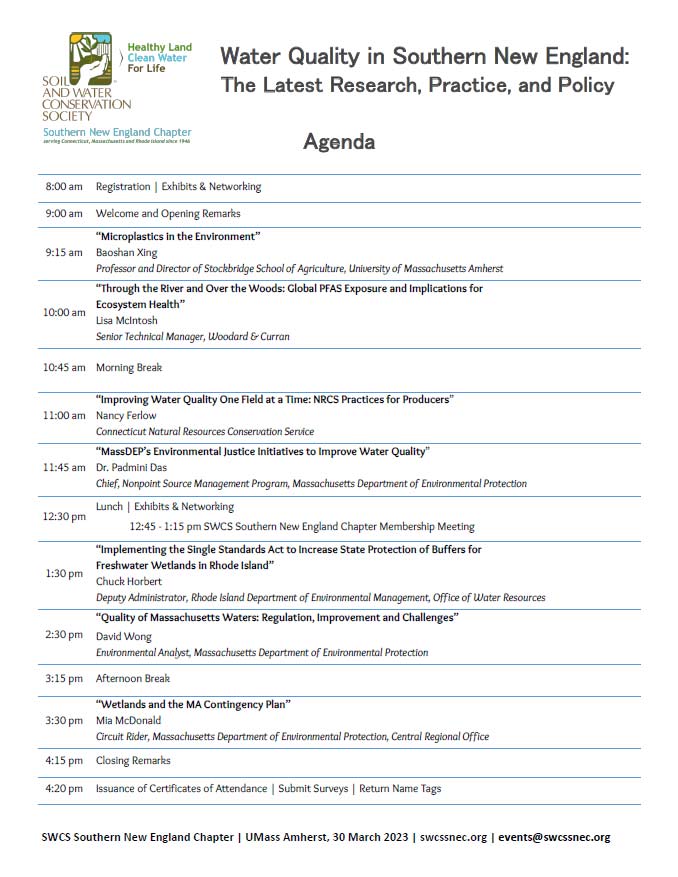
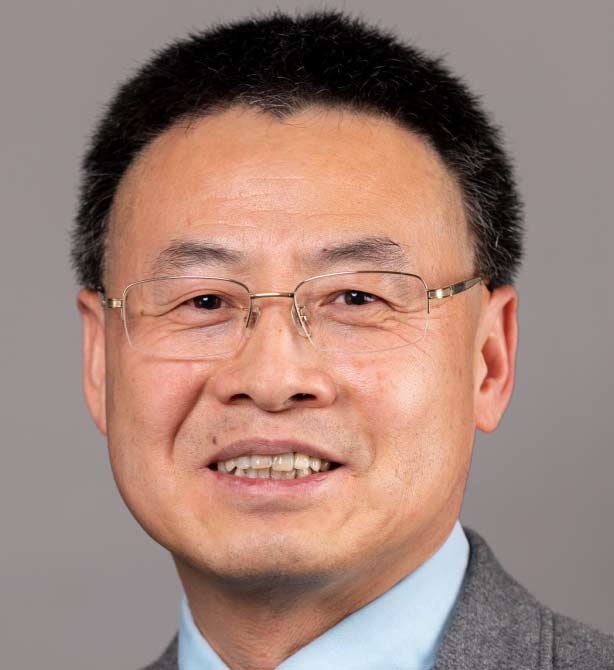
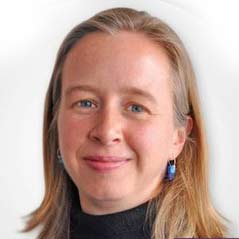
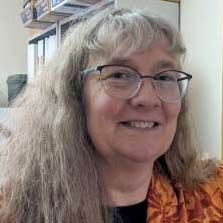
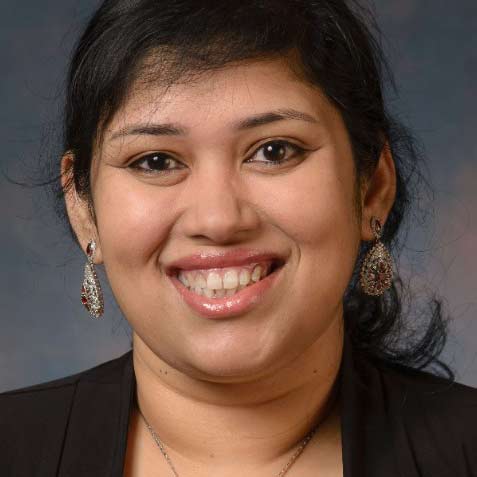
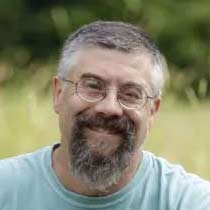
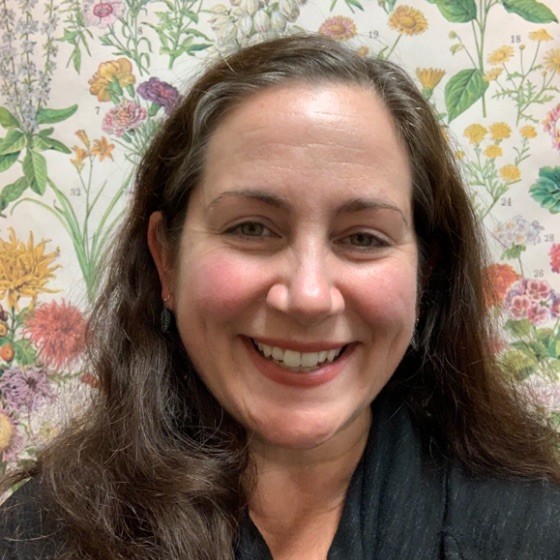
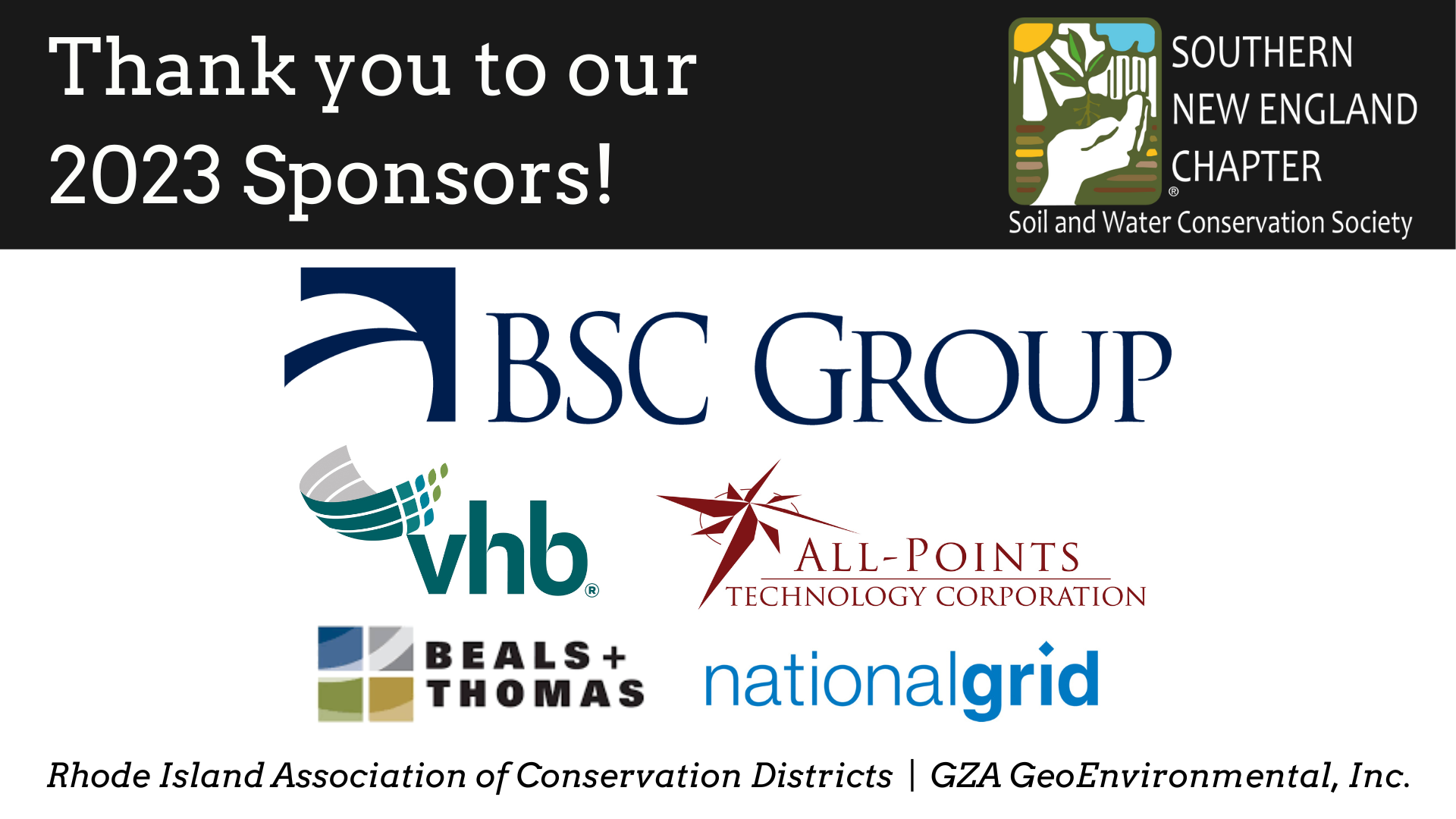
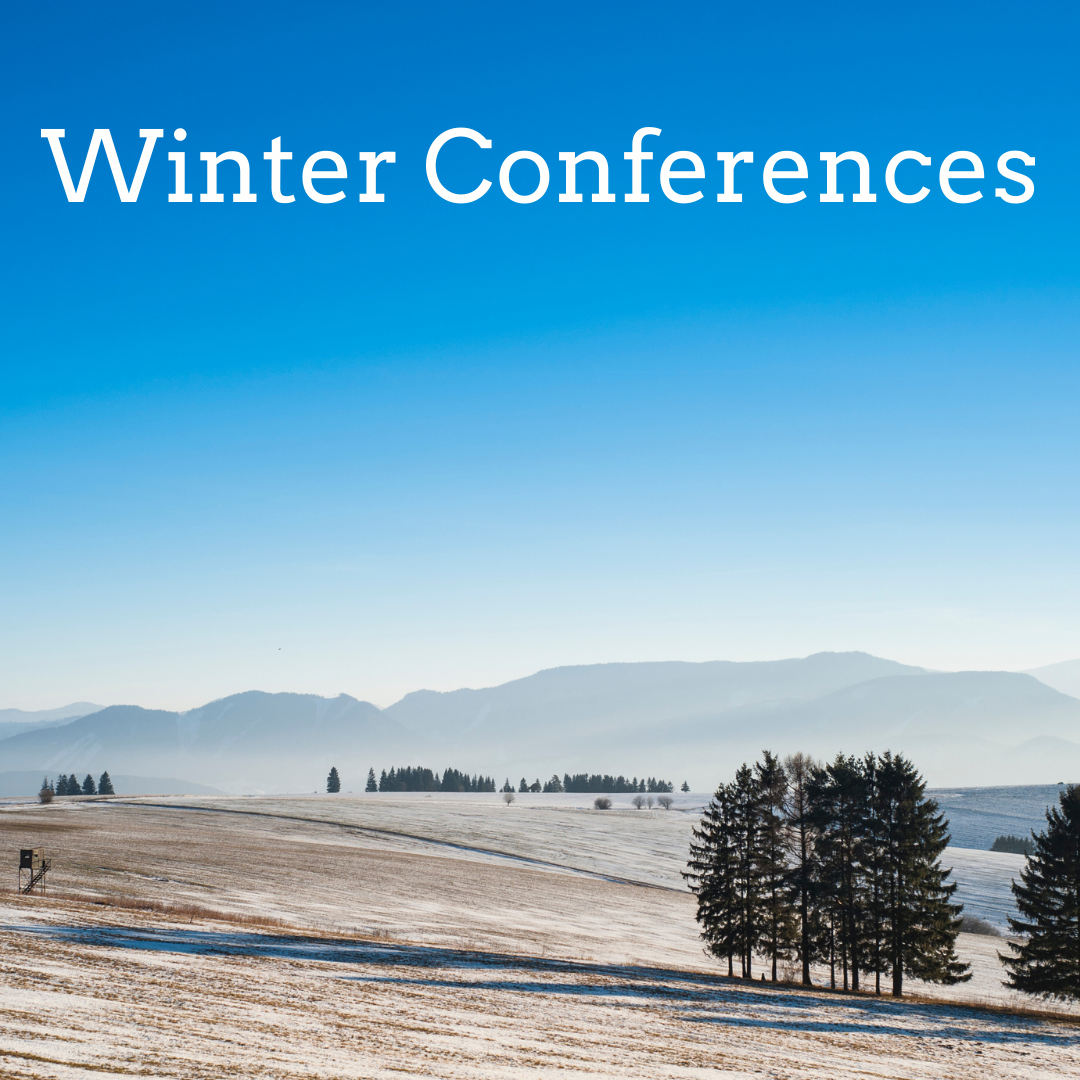

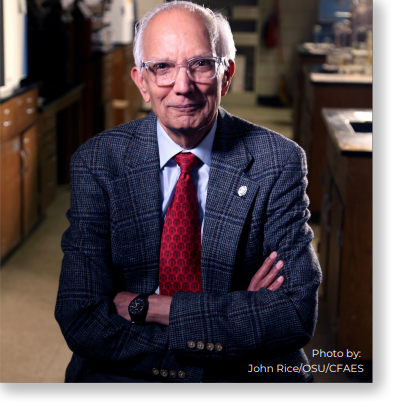
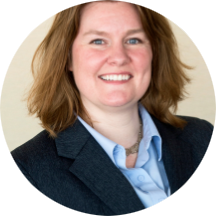
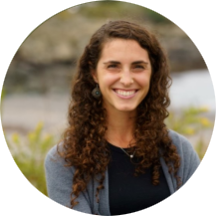
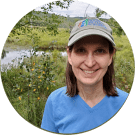
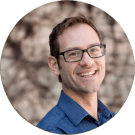
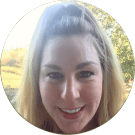
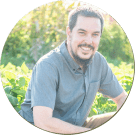
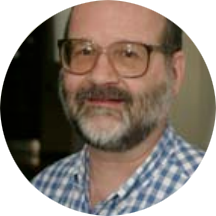
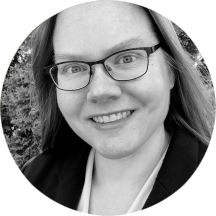
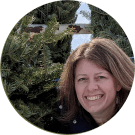
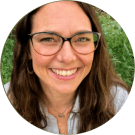
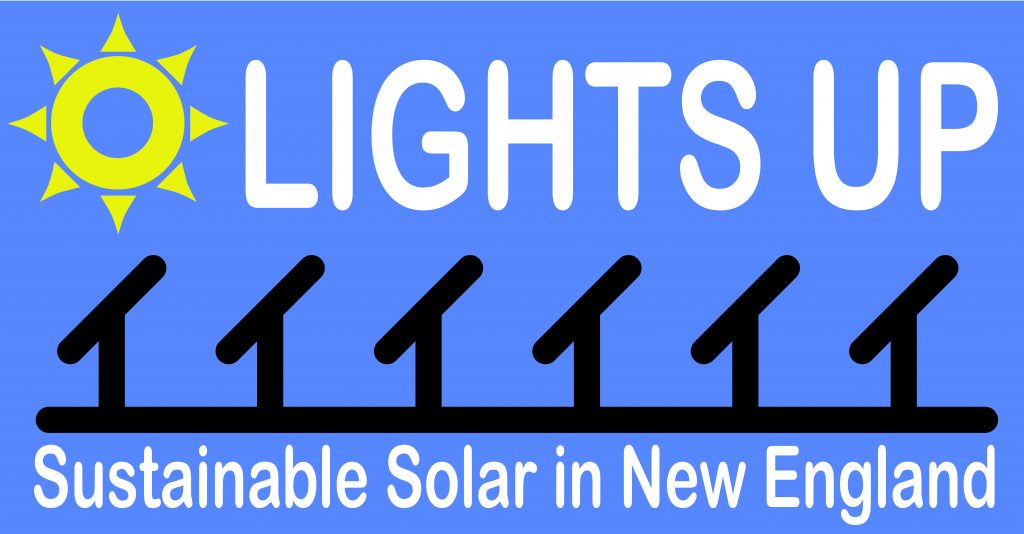
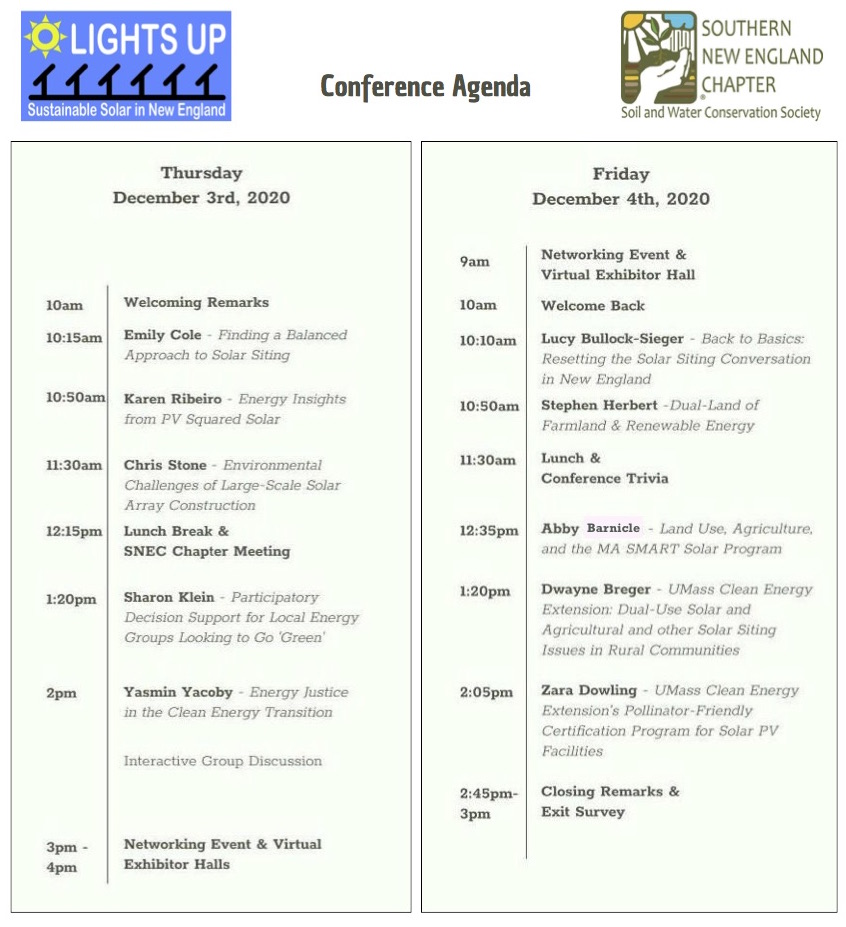
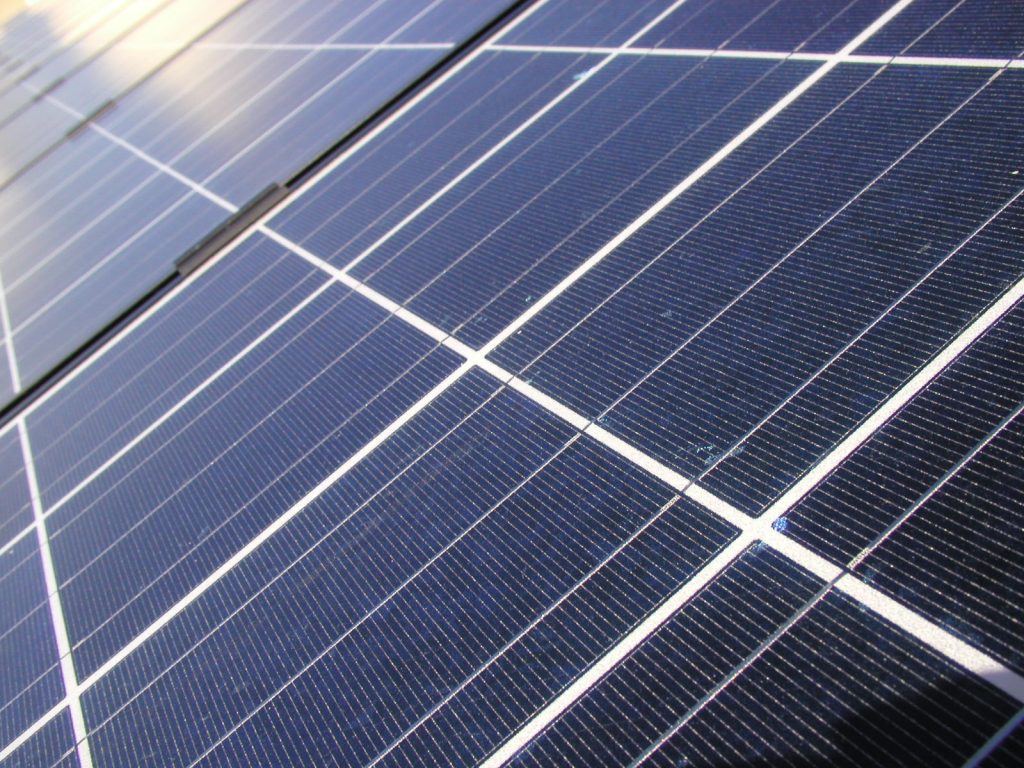


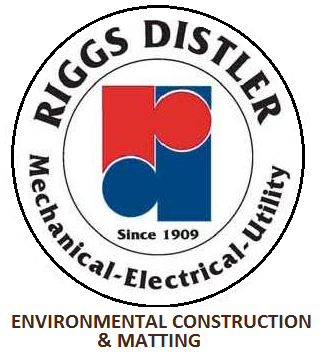
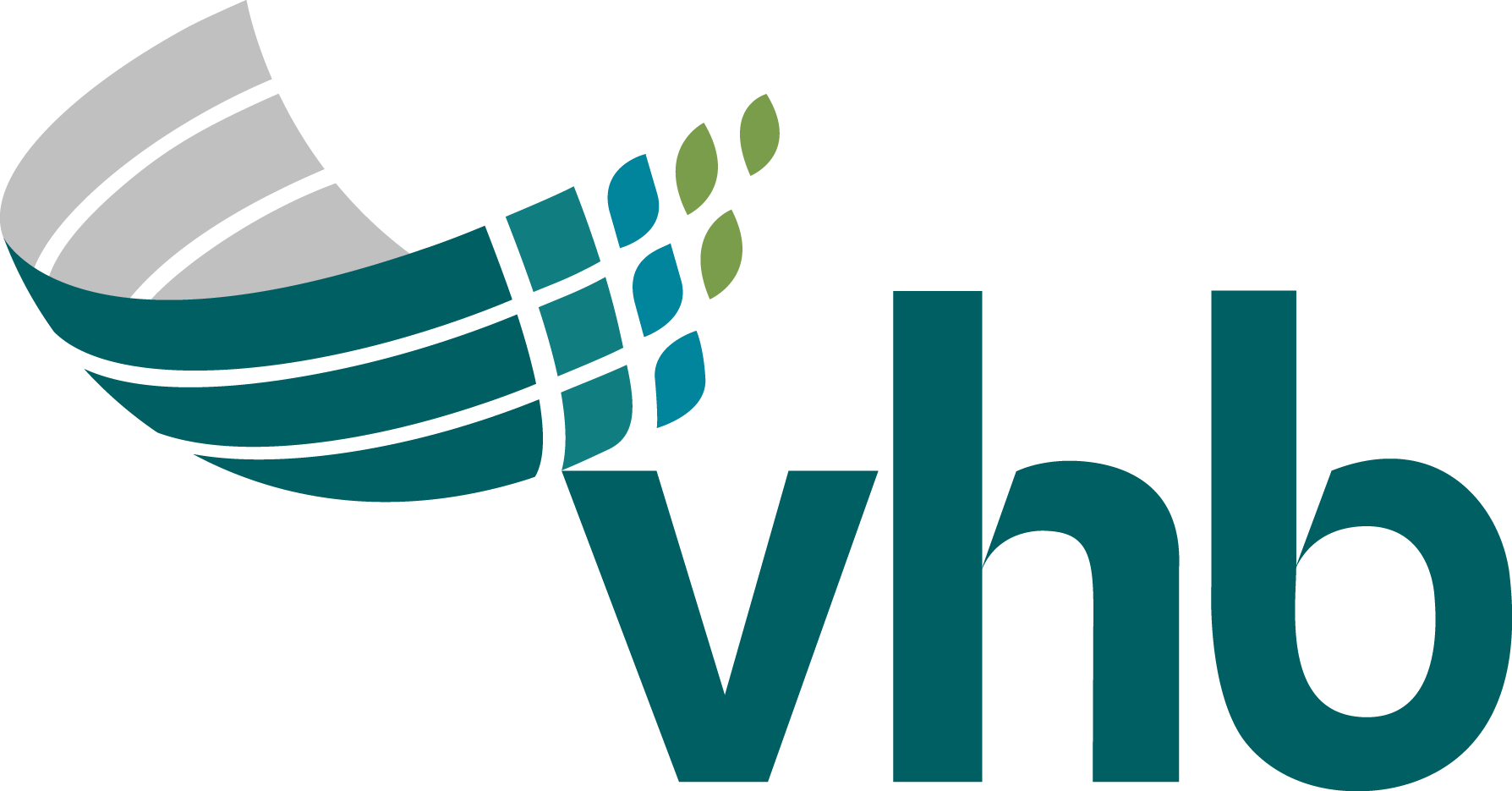
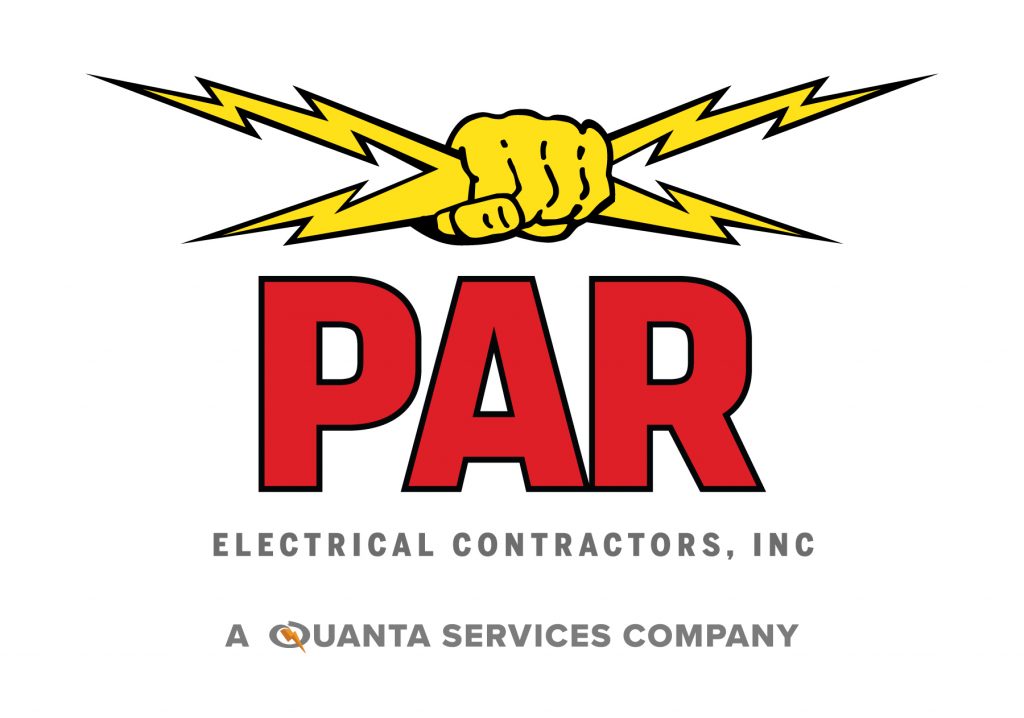
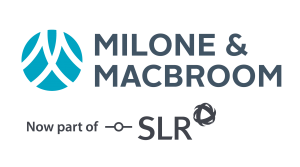

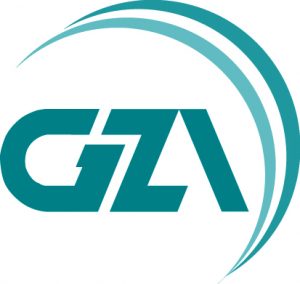
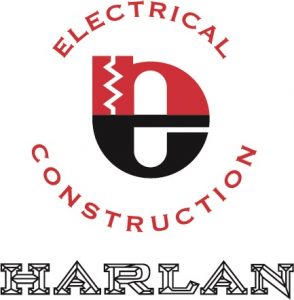
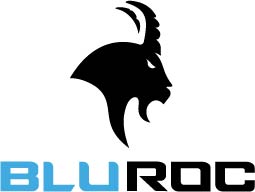



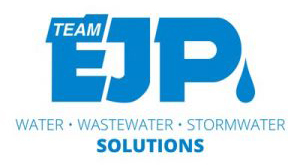
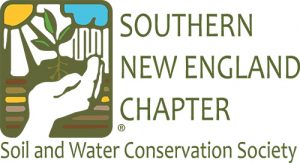

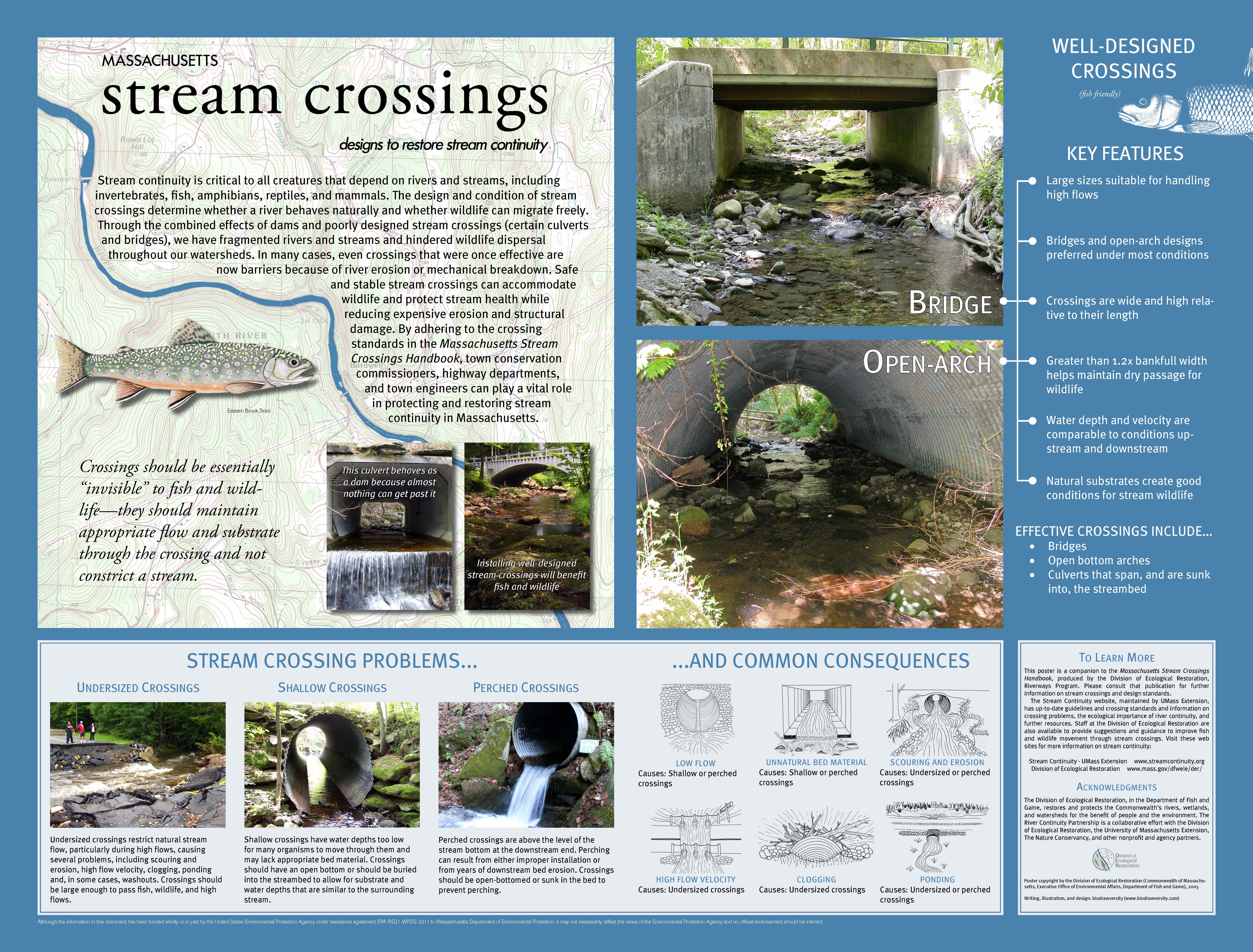

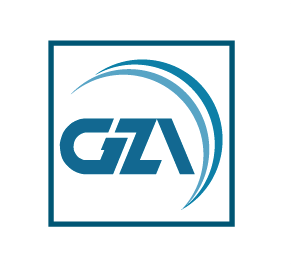


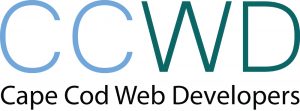

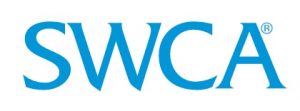



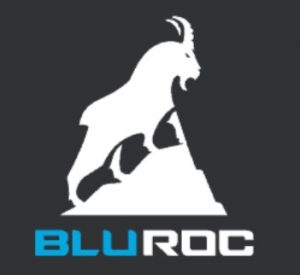




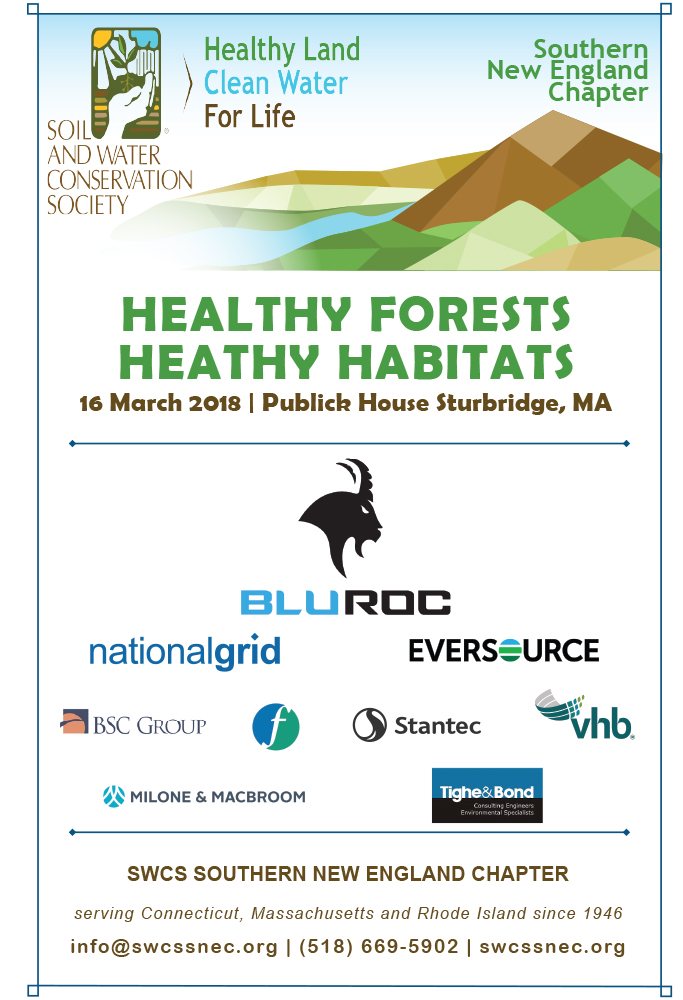




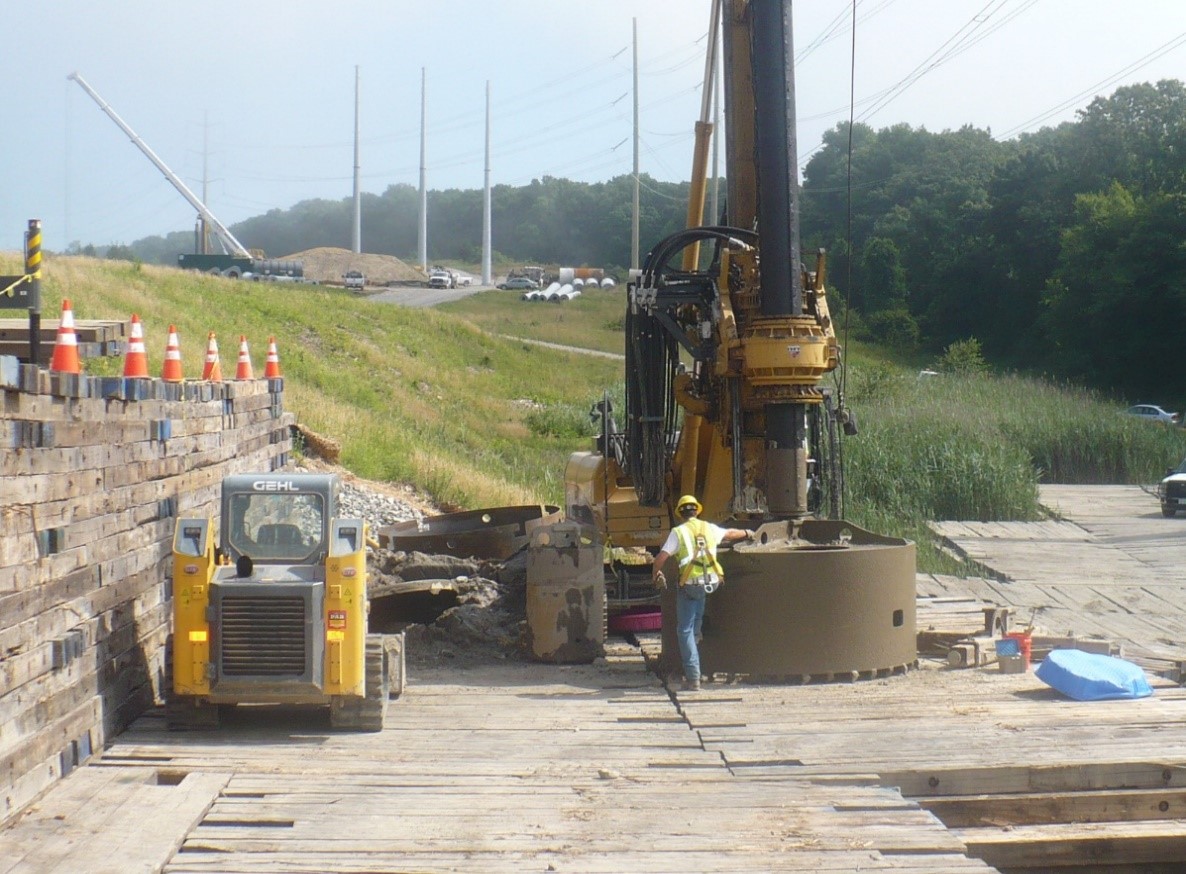
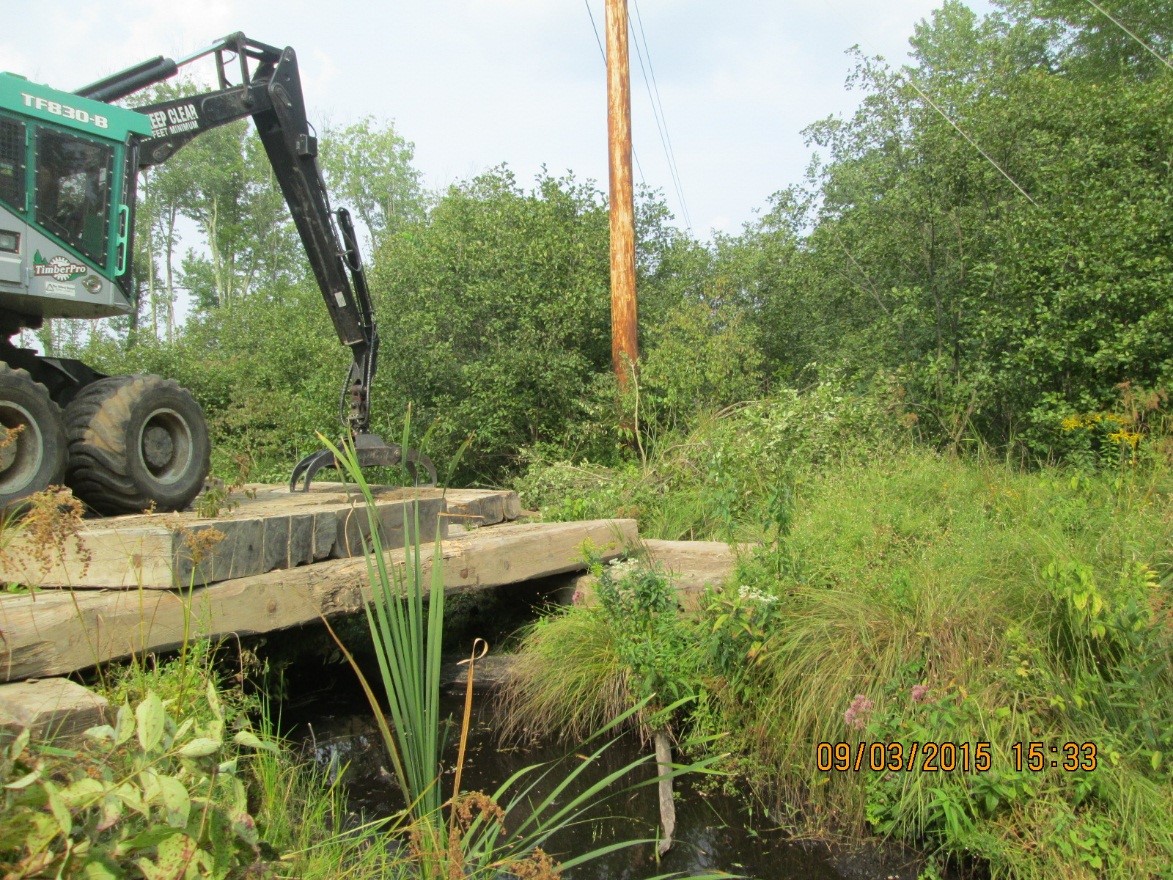
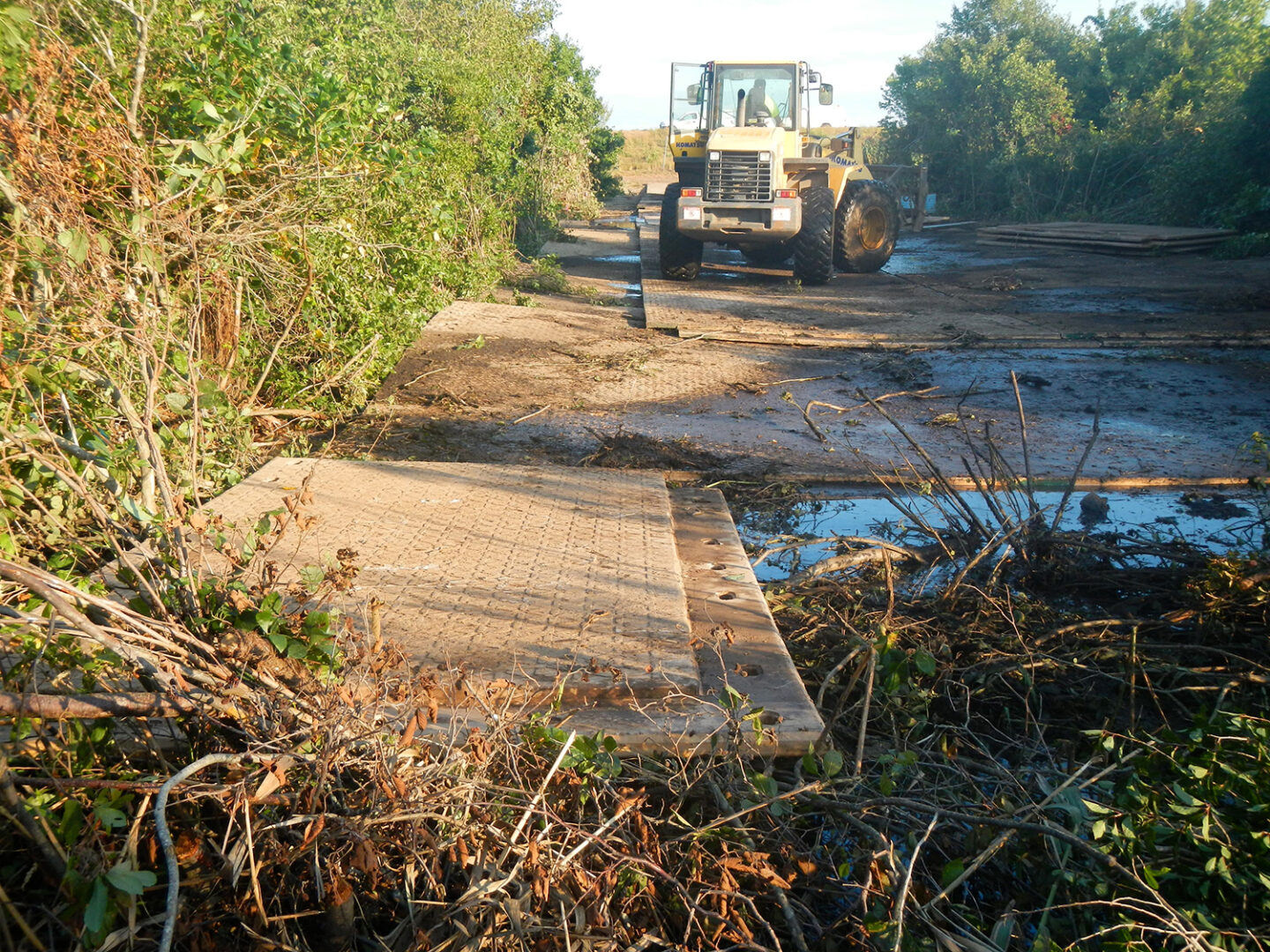
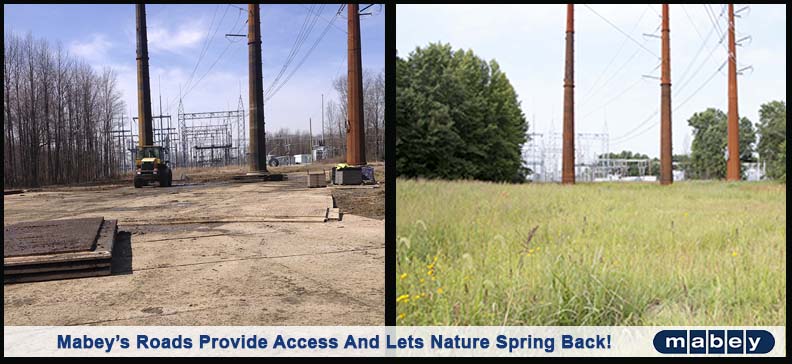


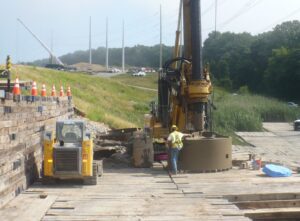

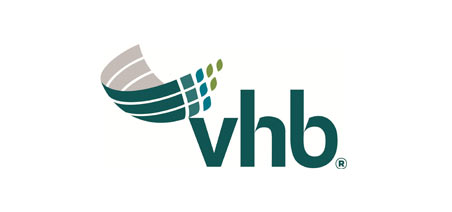
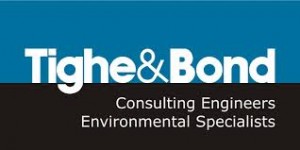
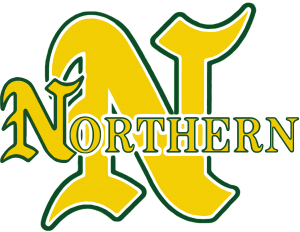

 The conference program also included an exam review session for
The conference program also included an exam review session for